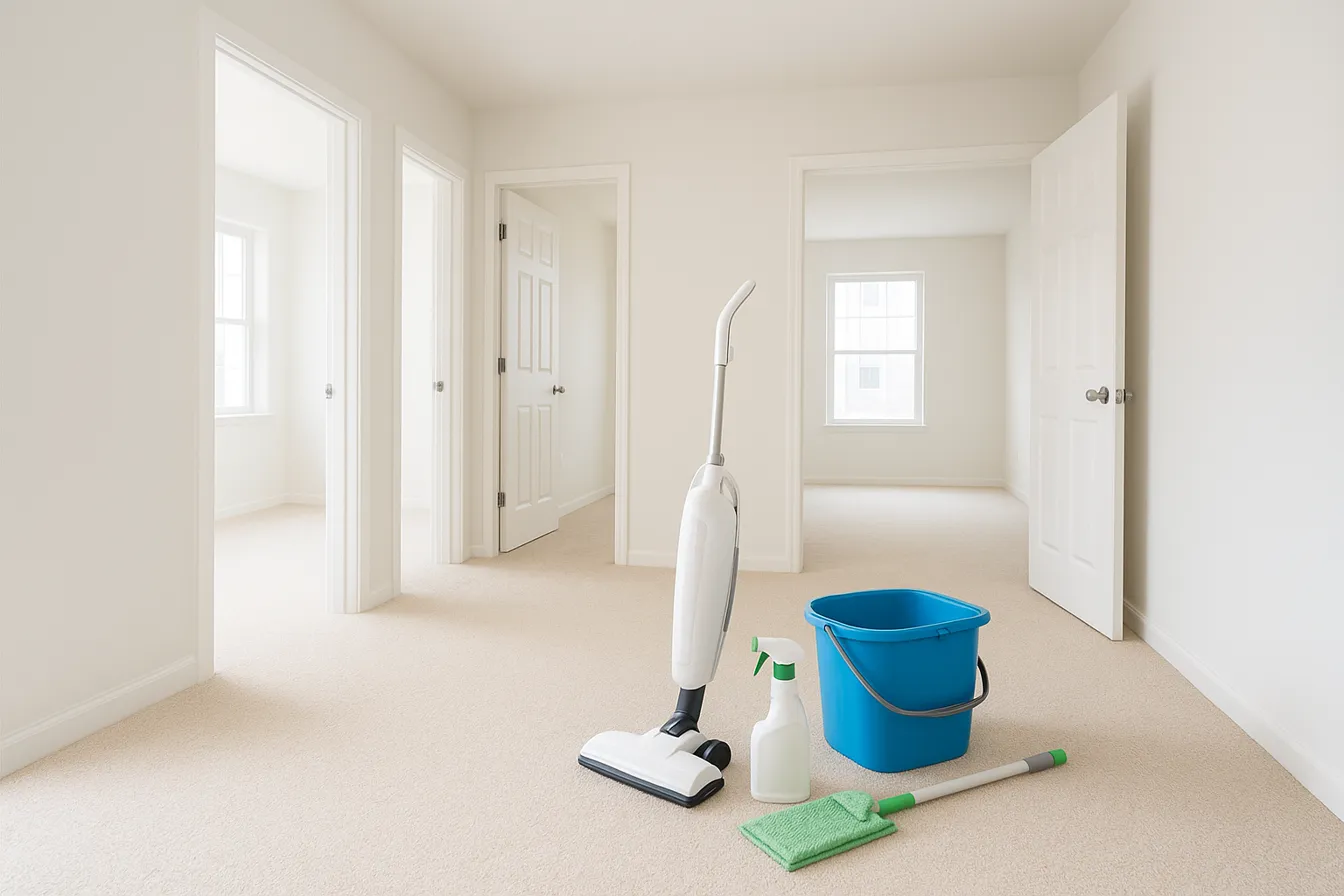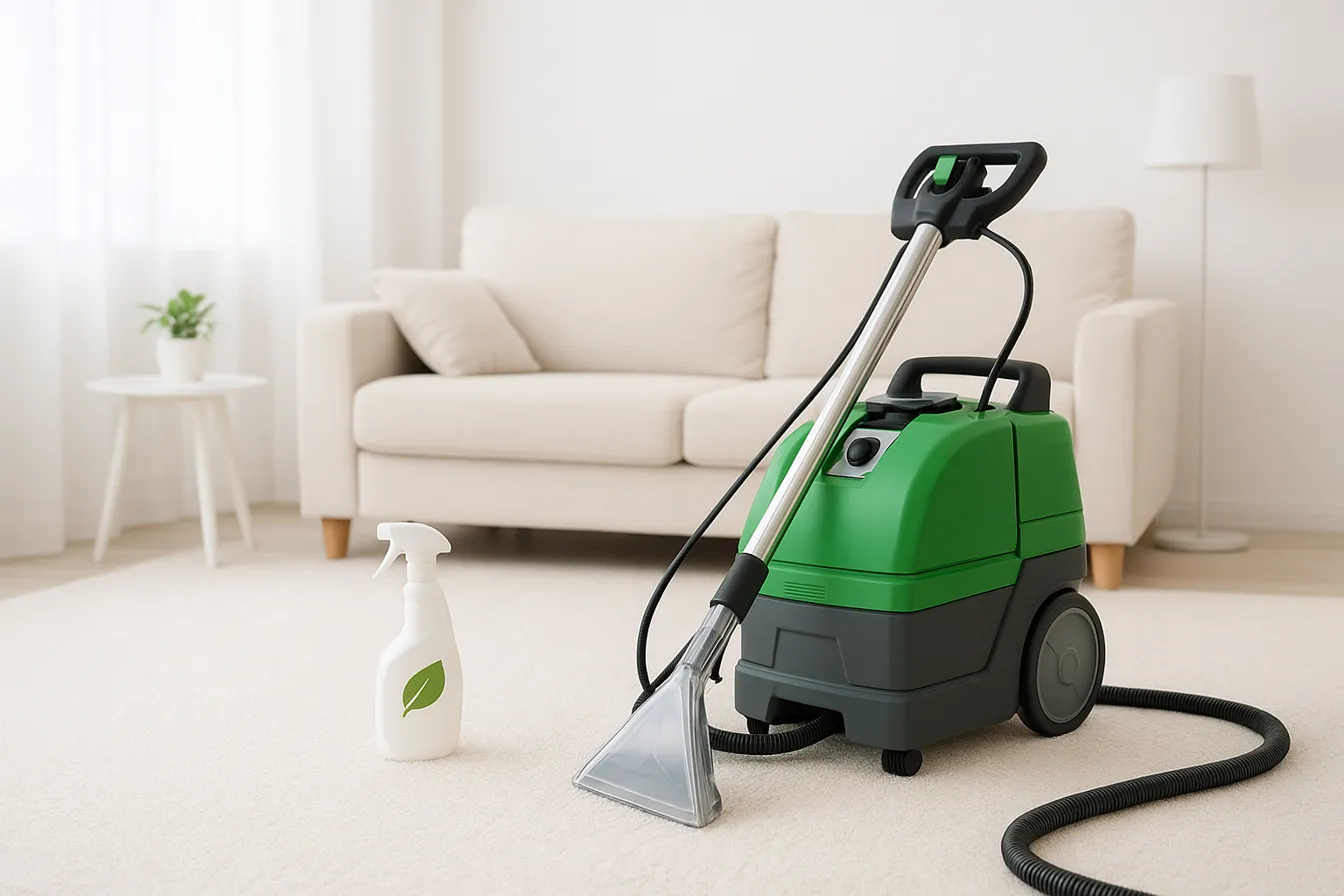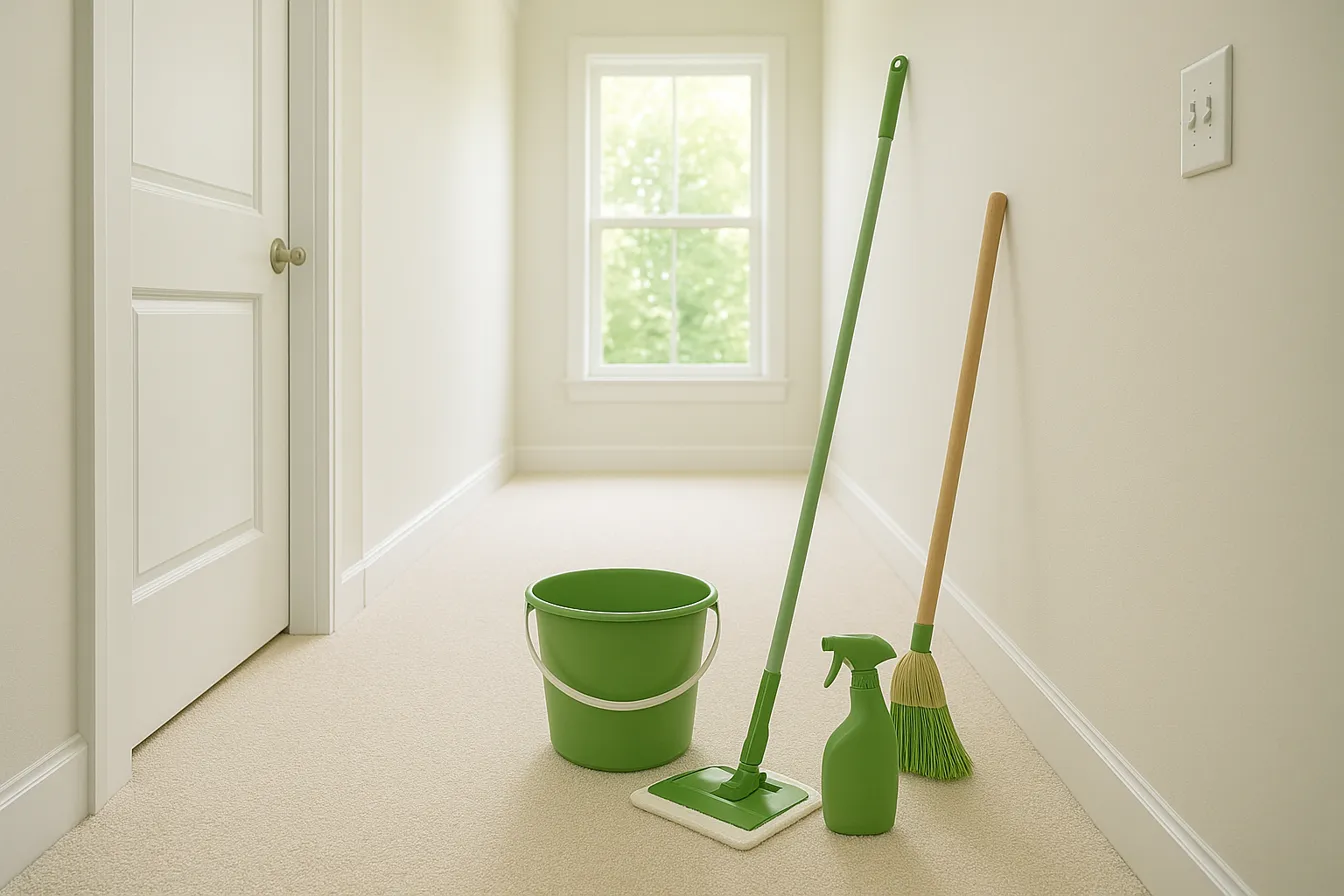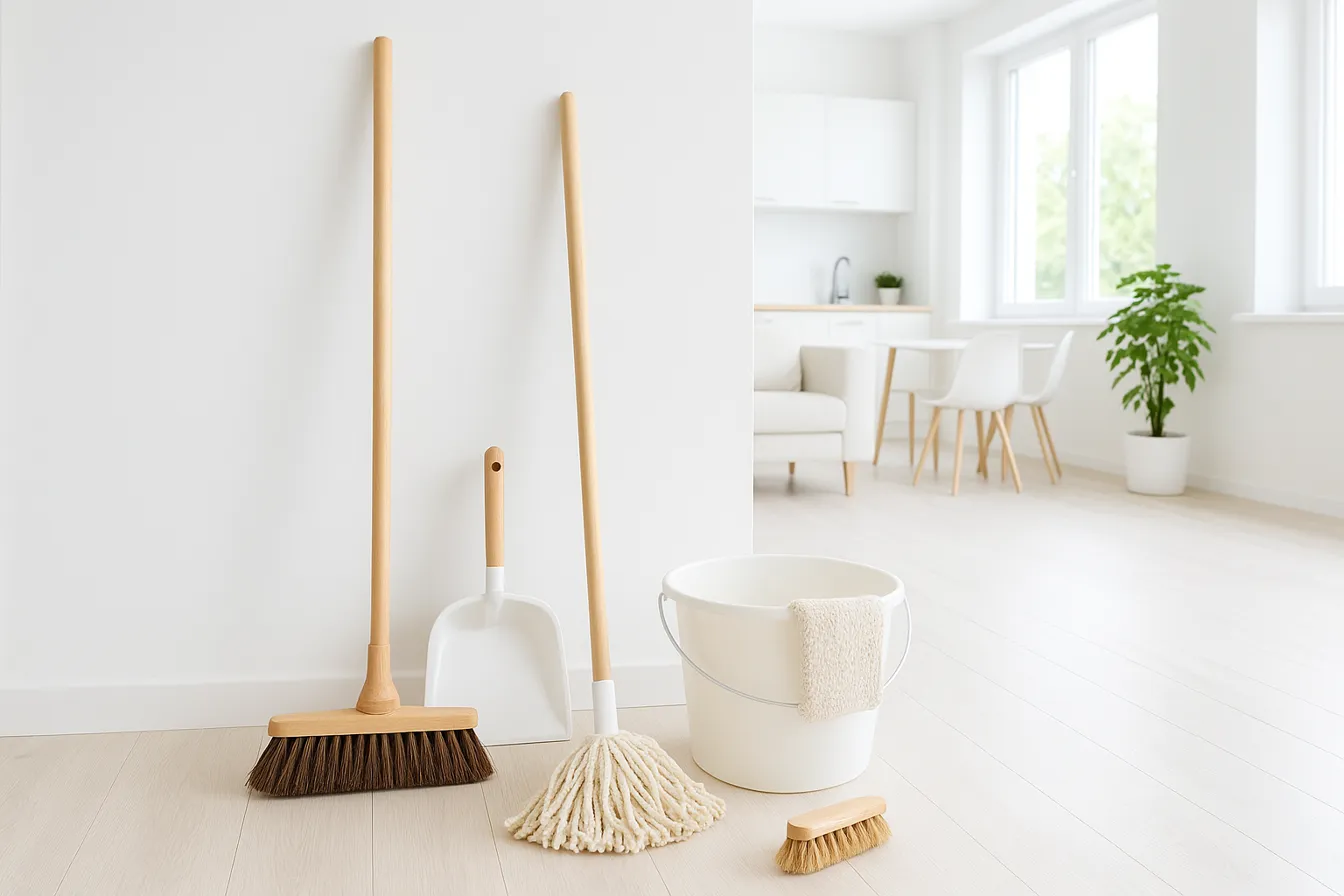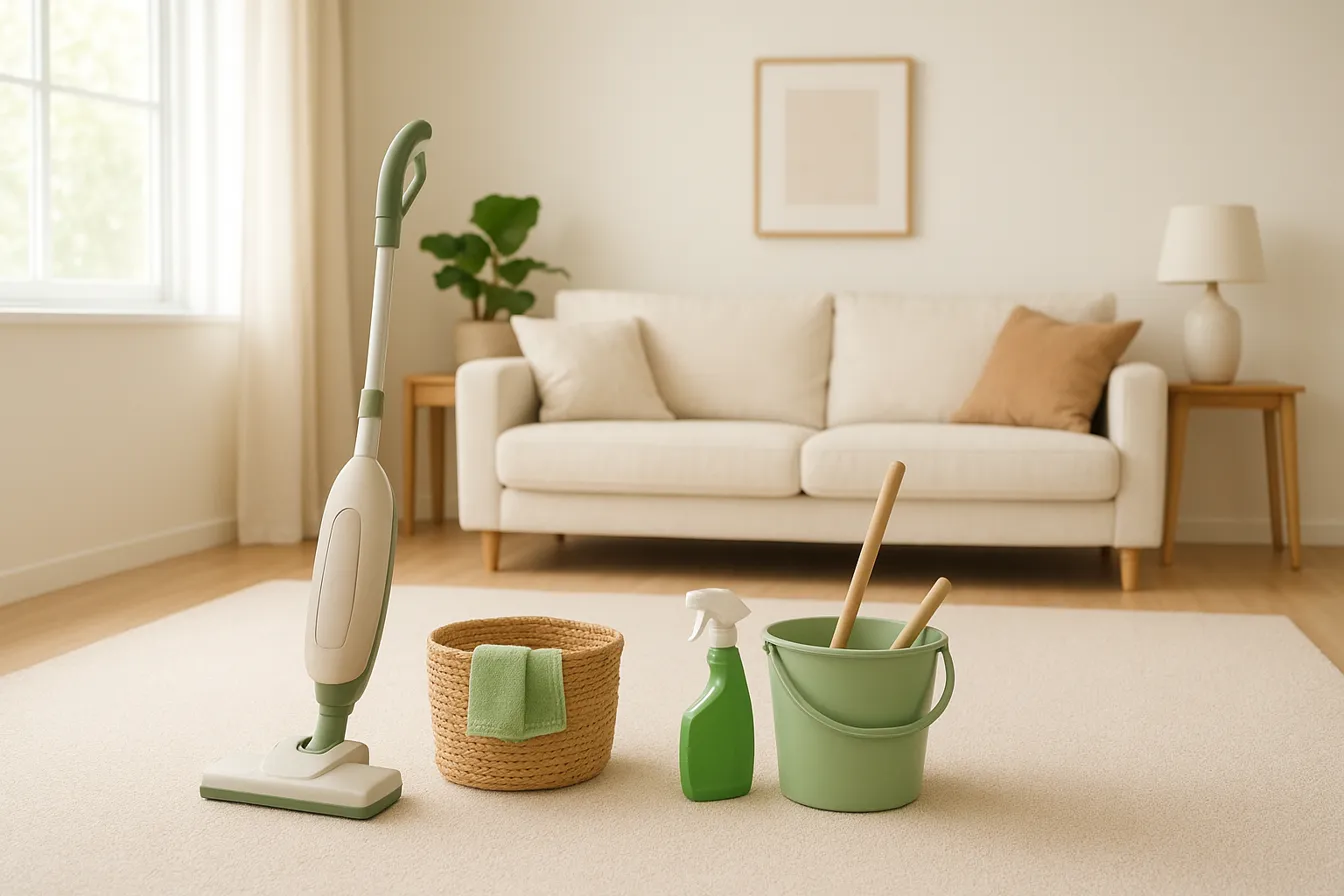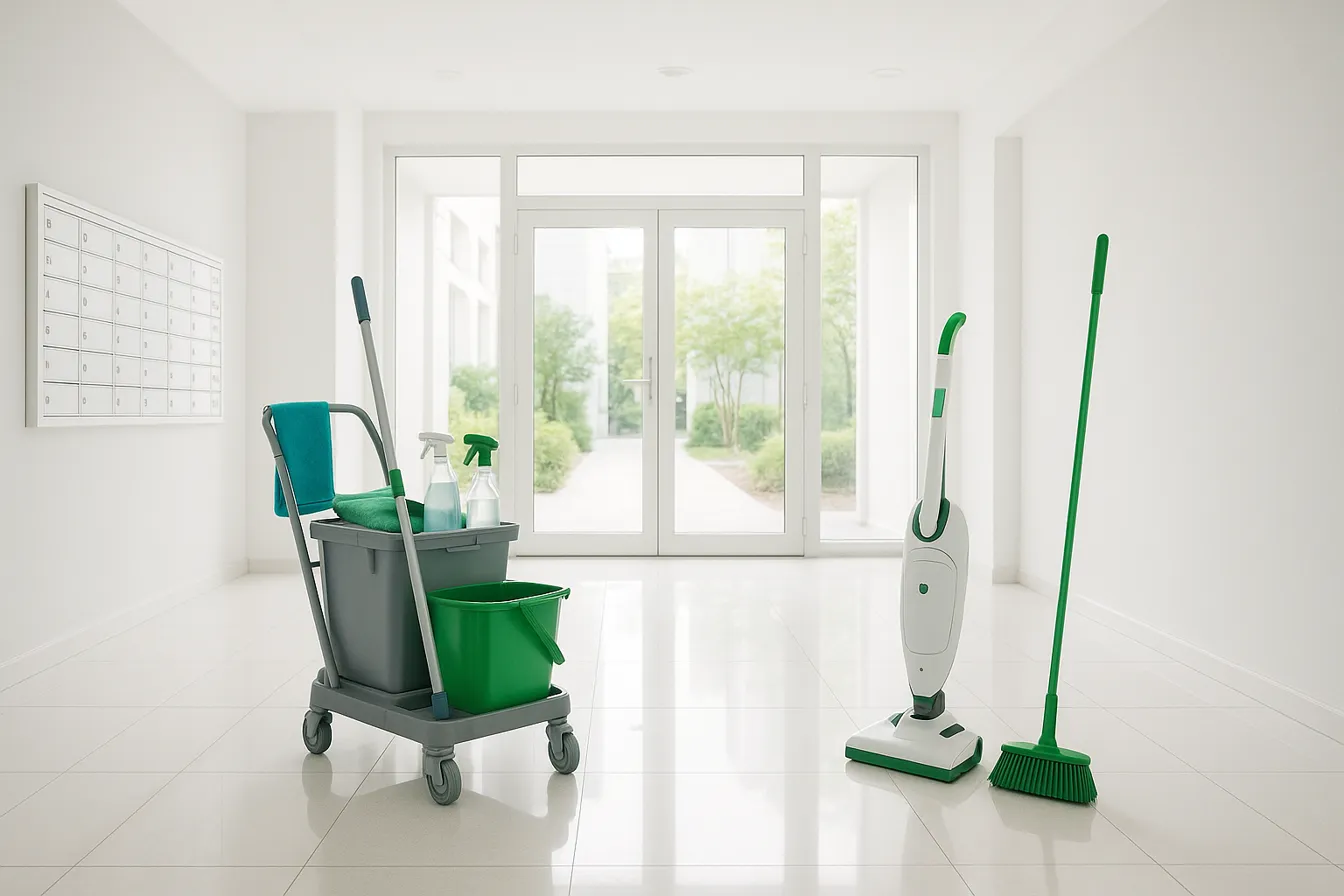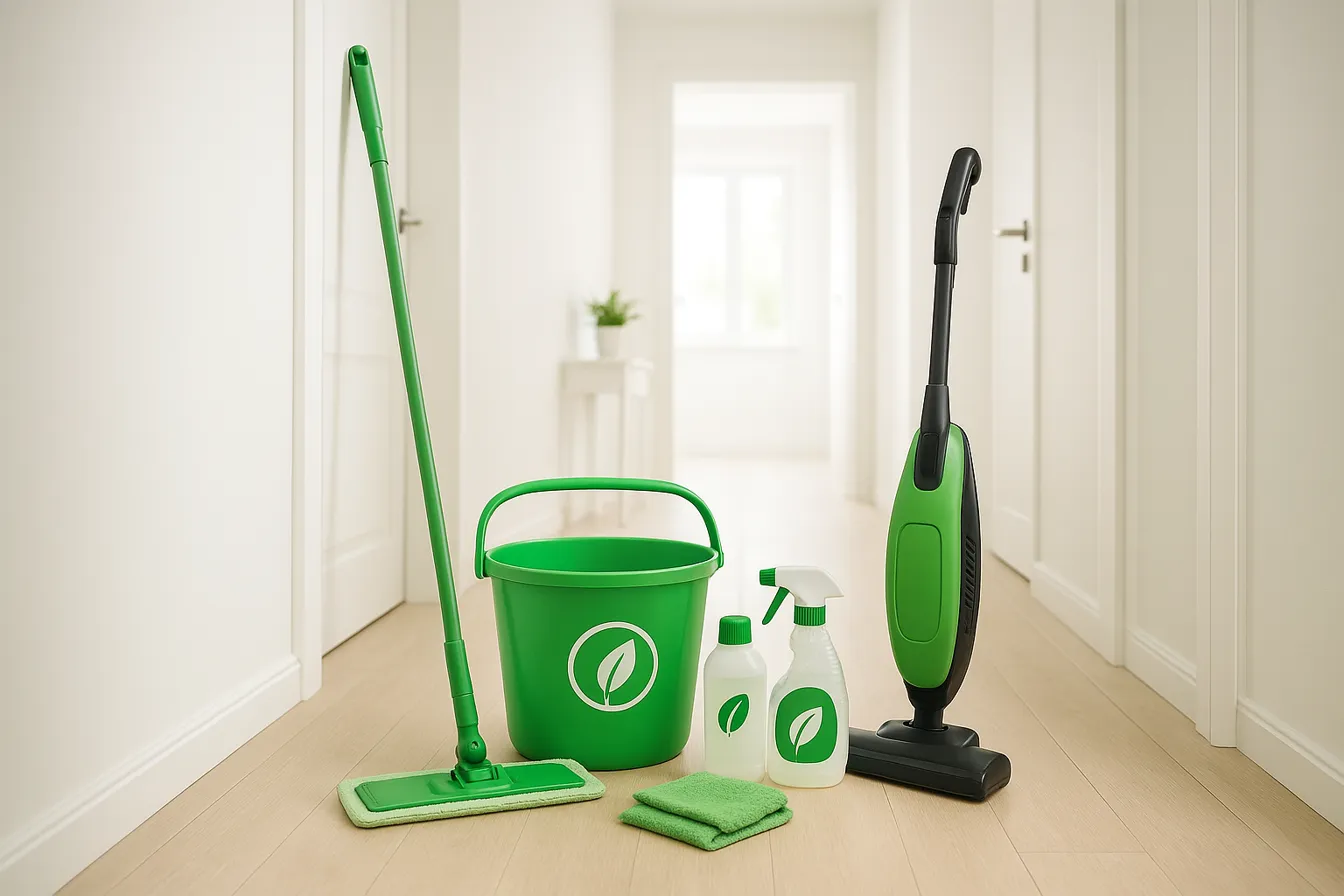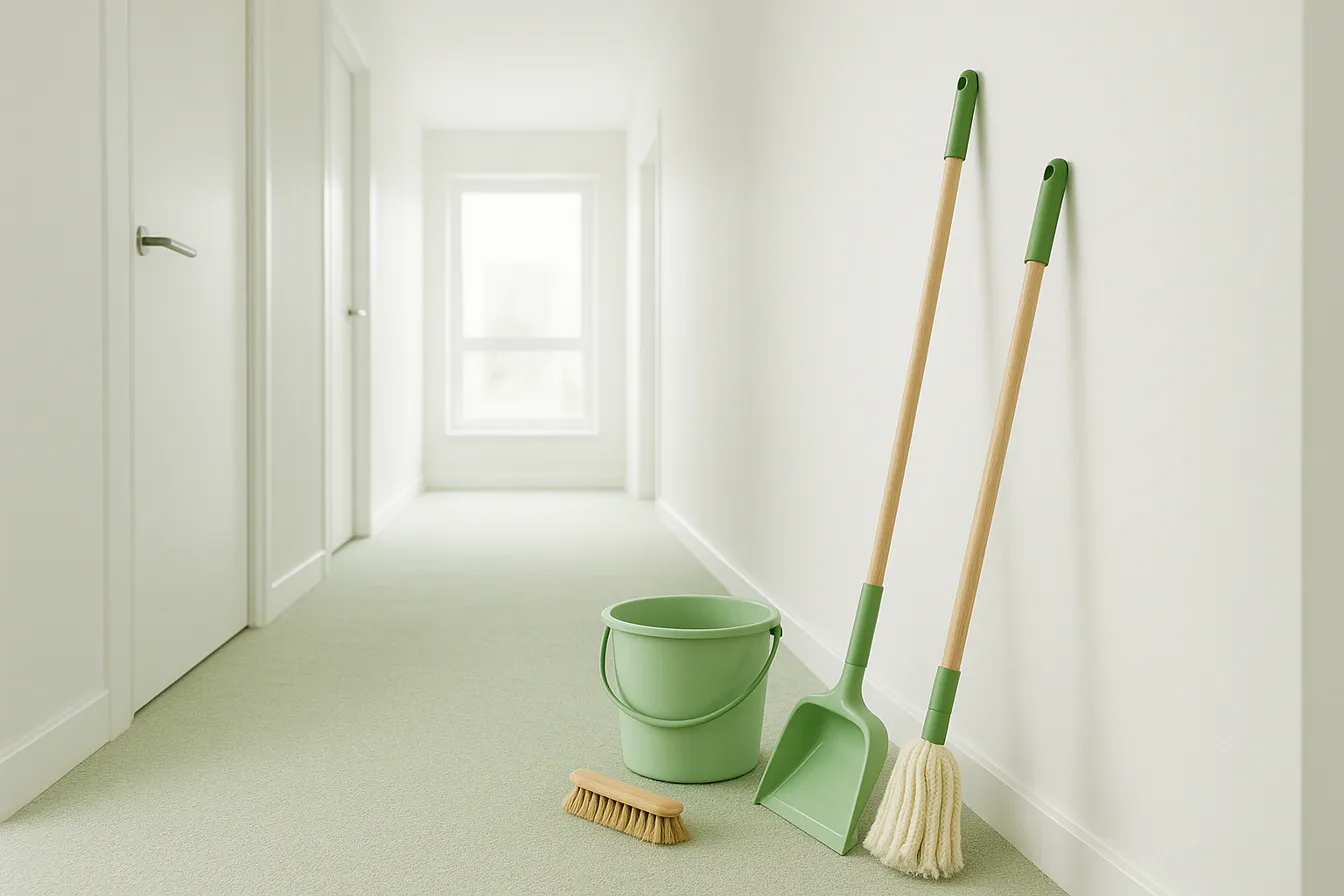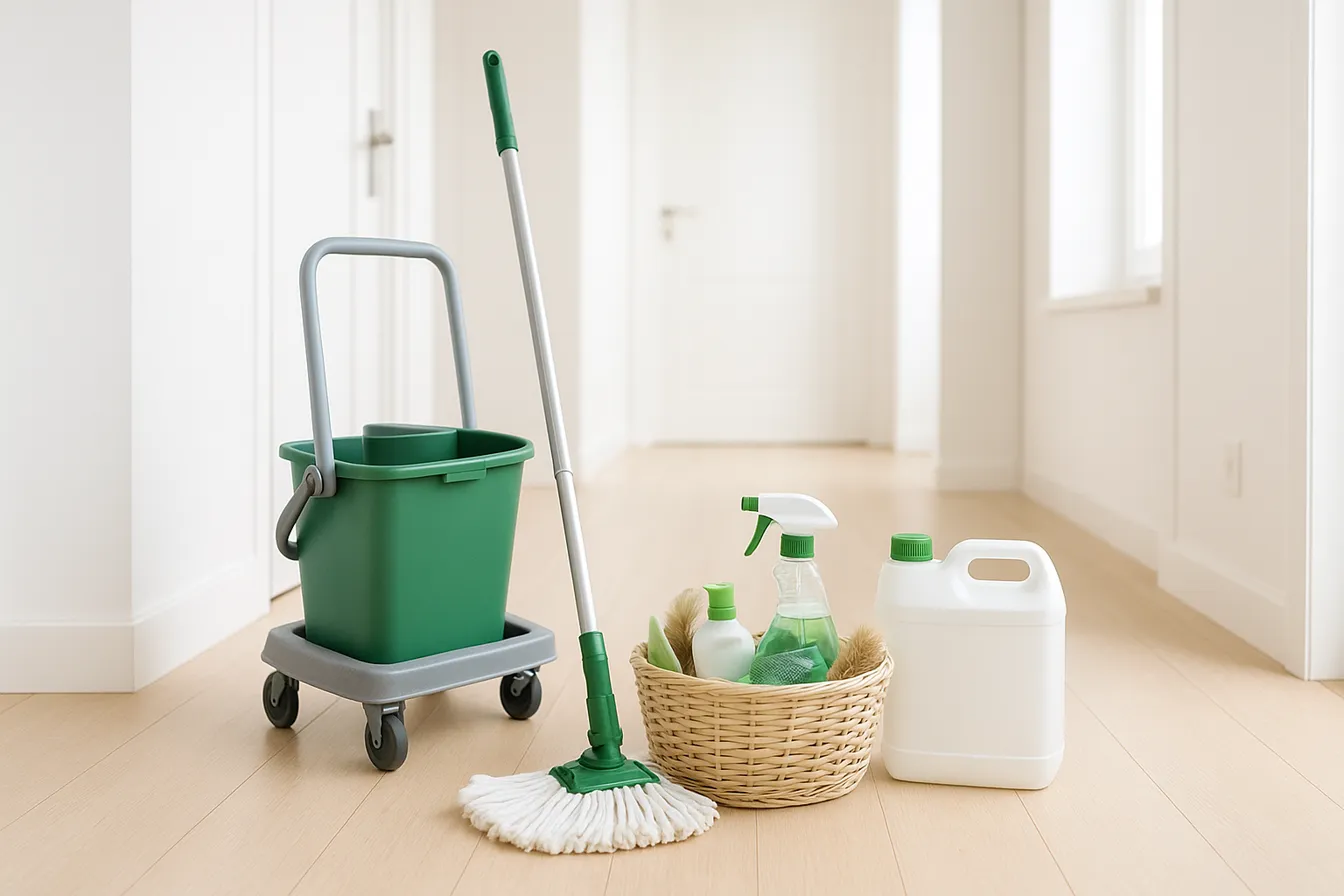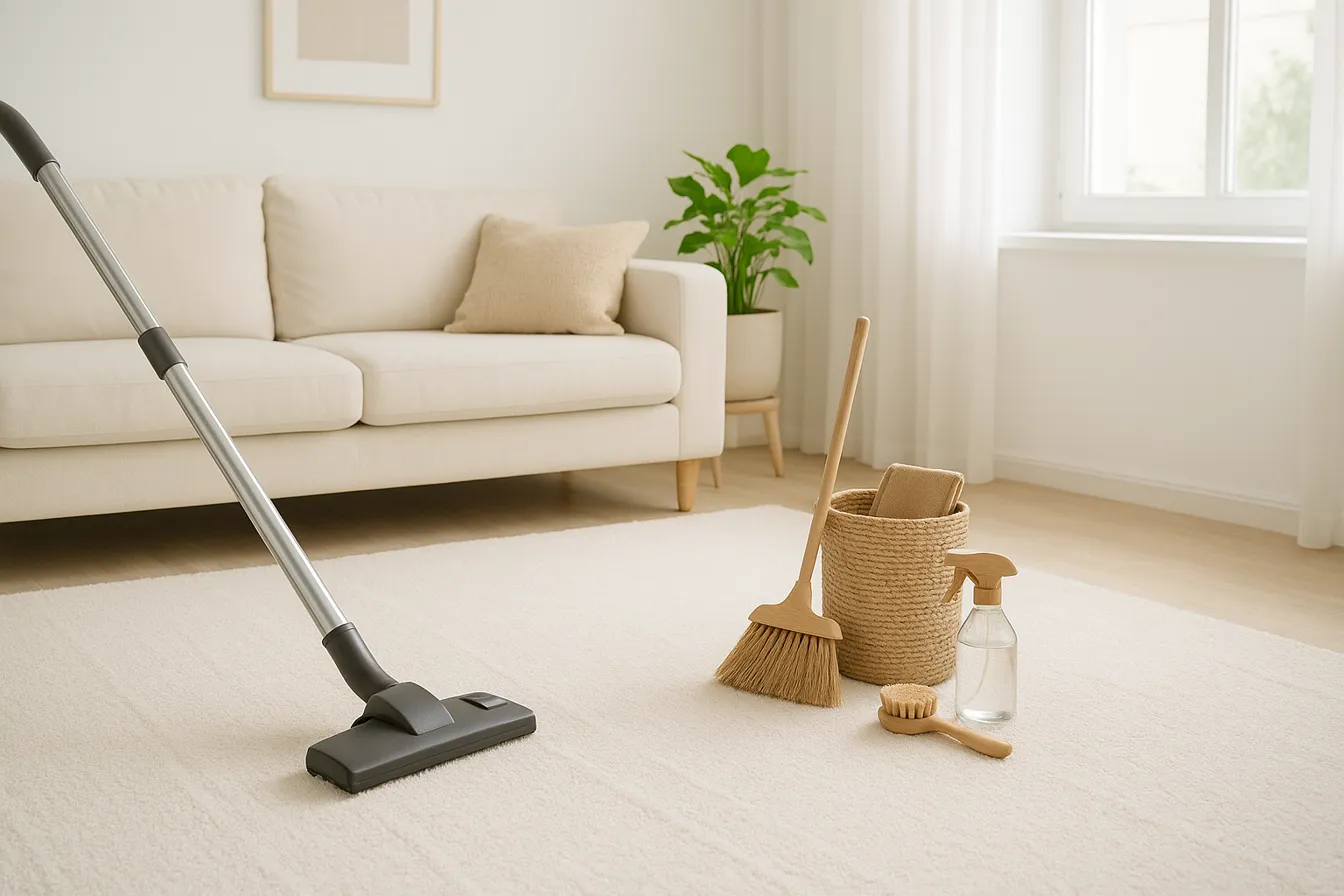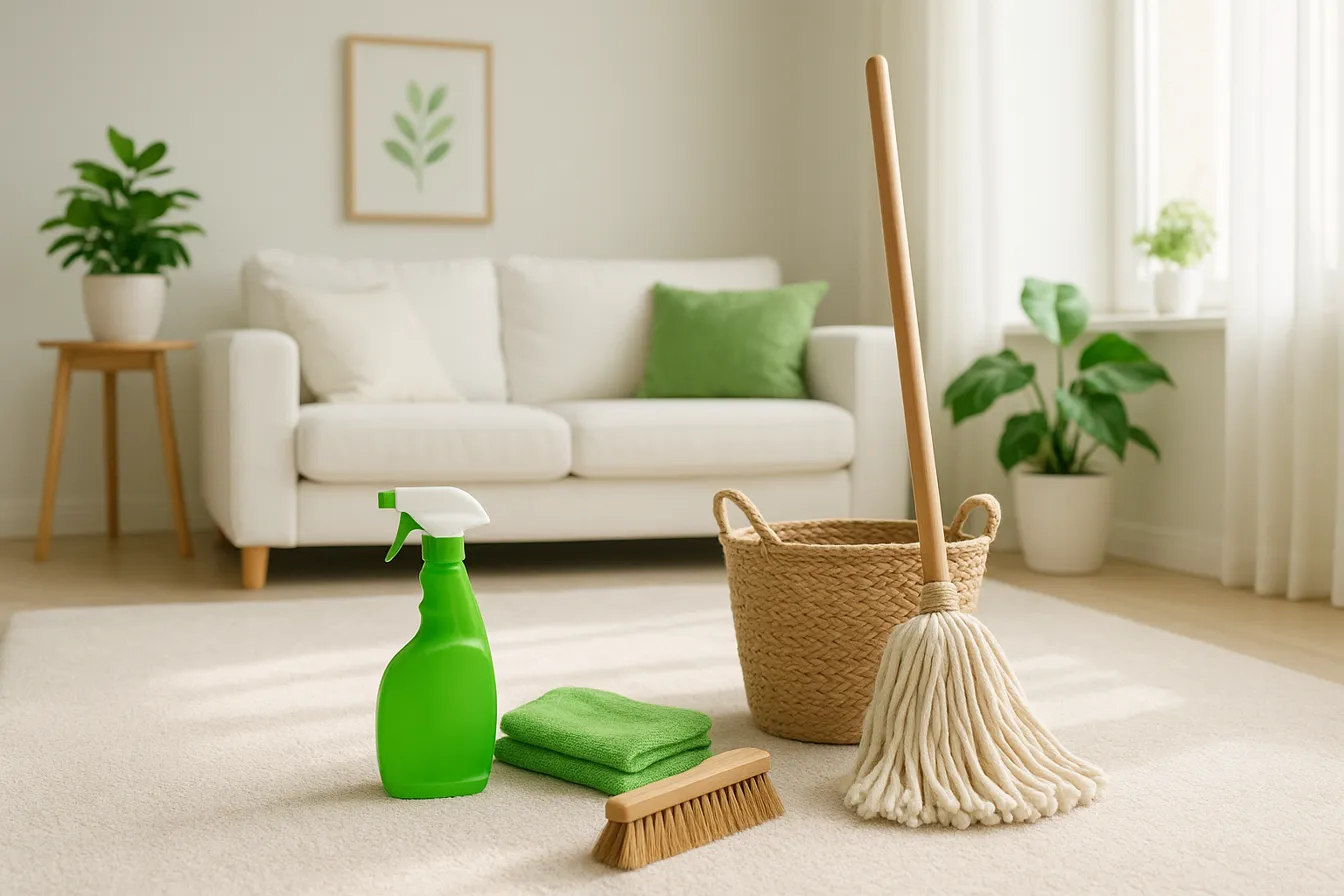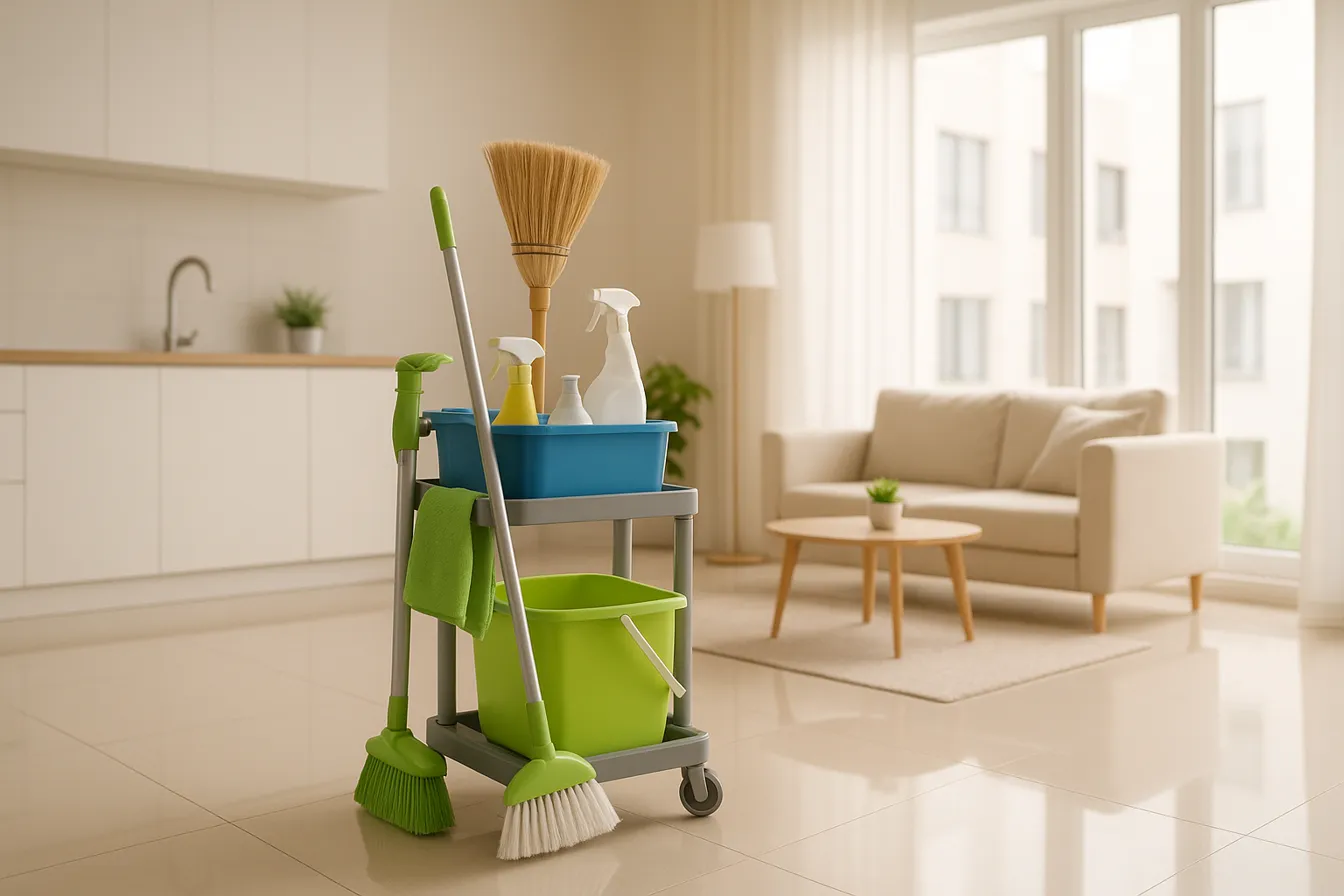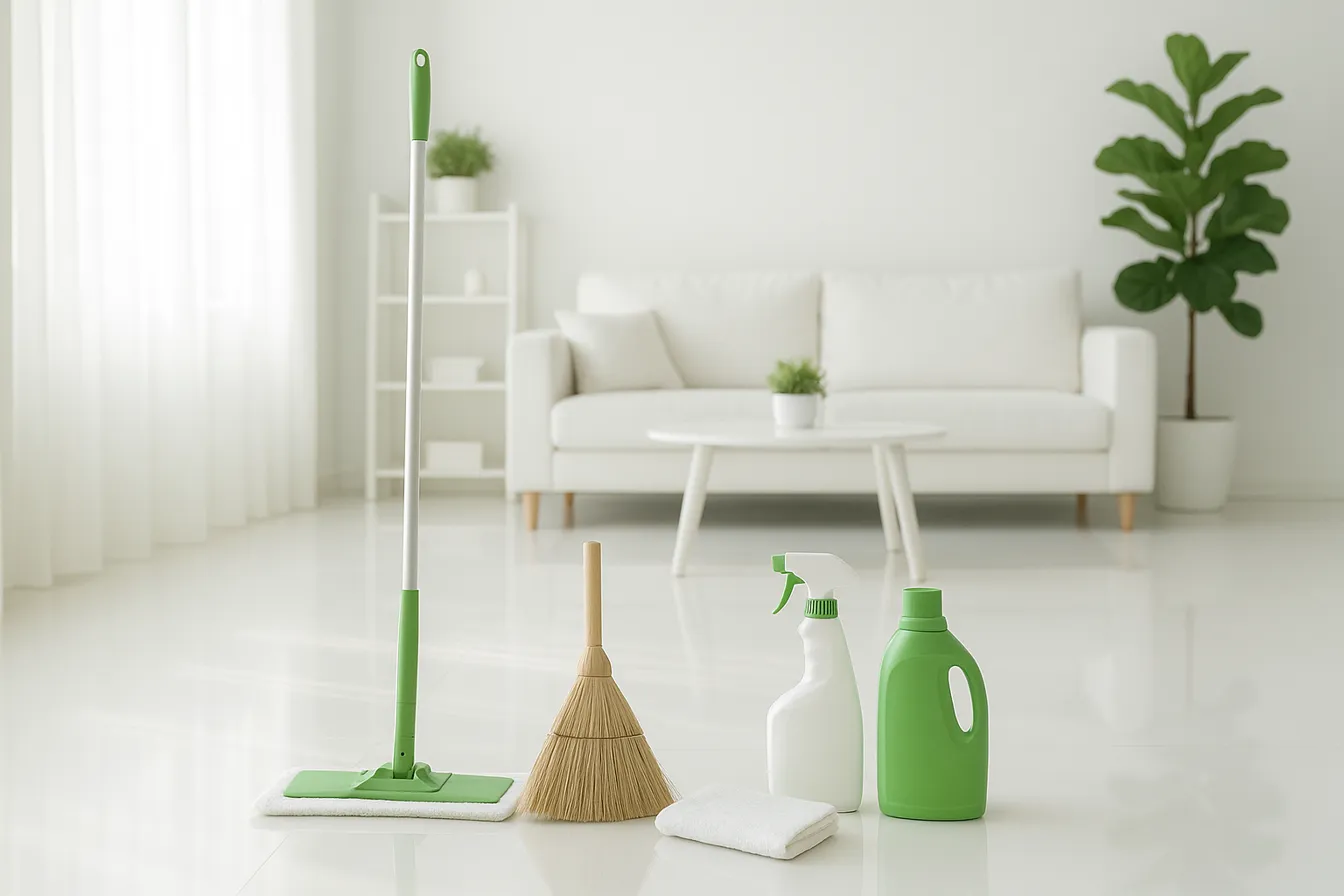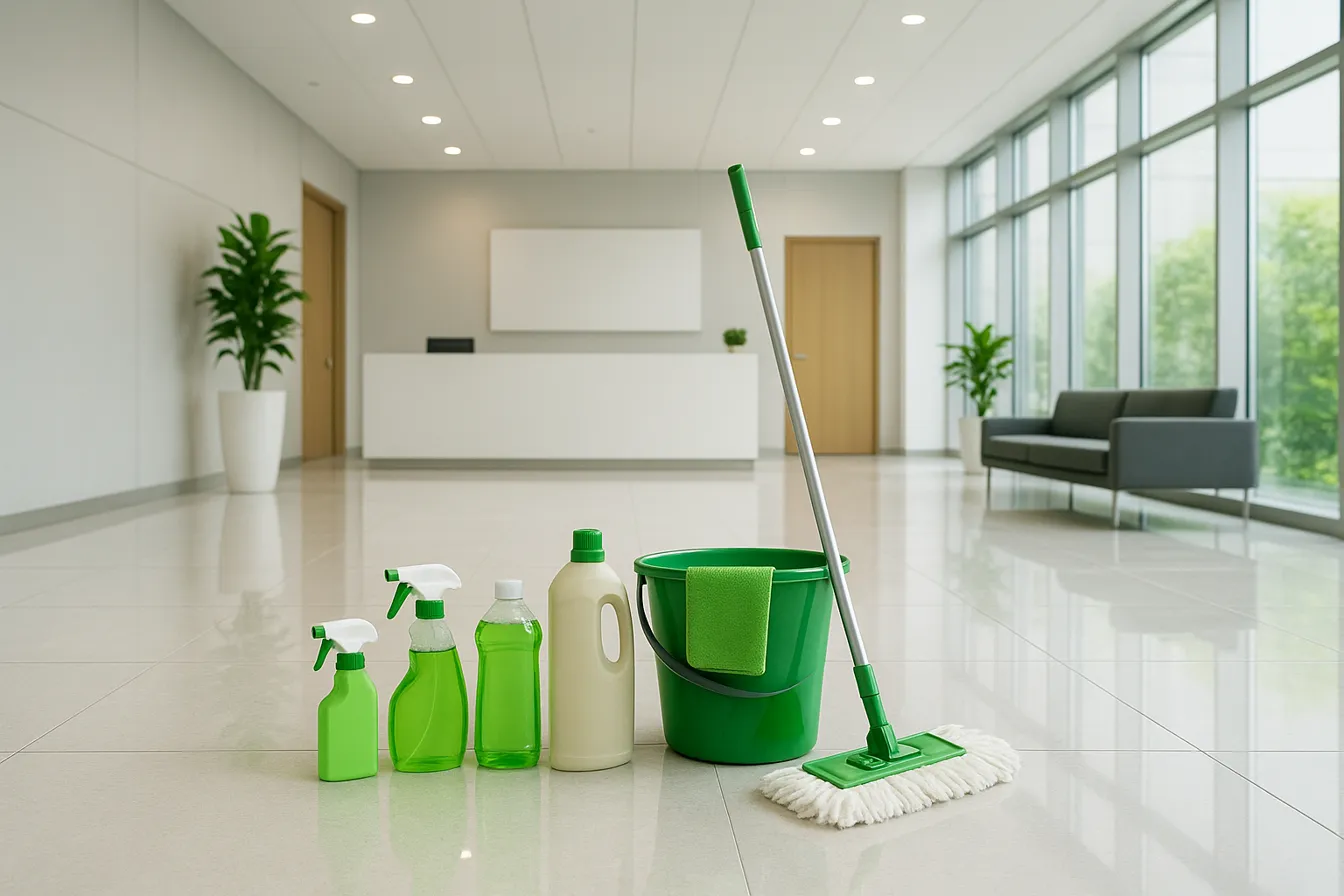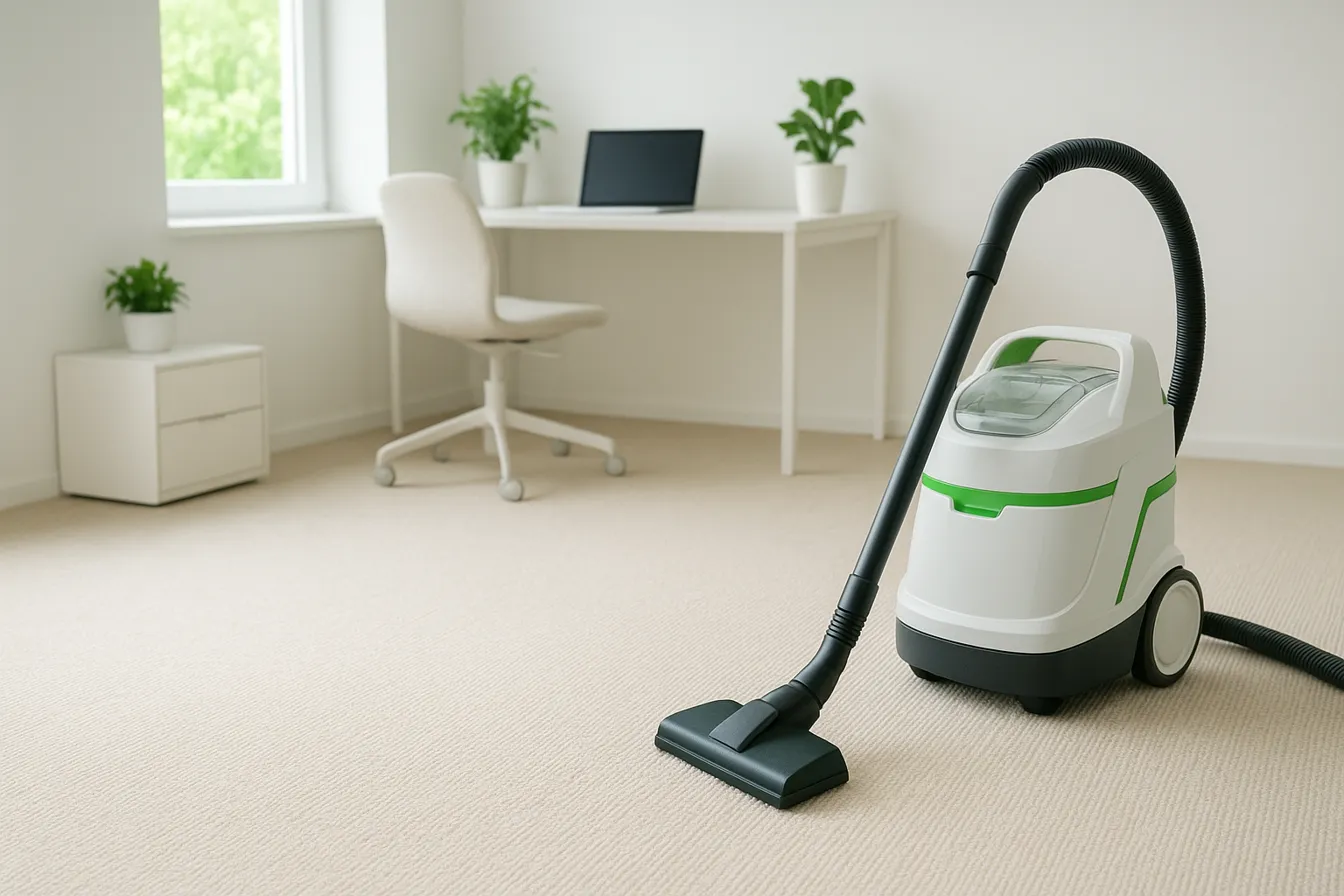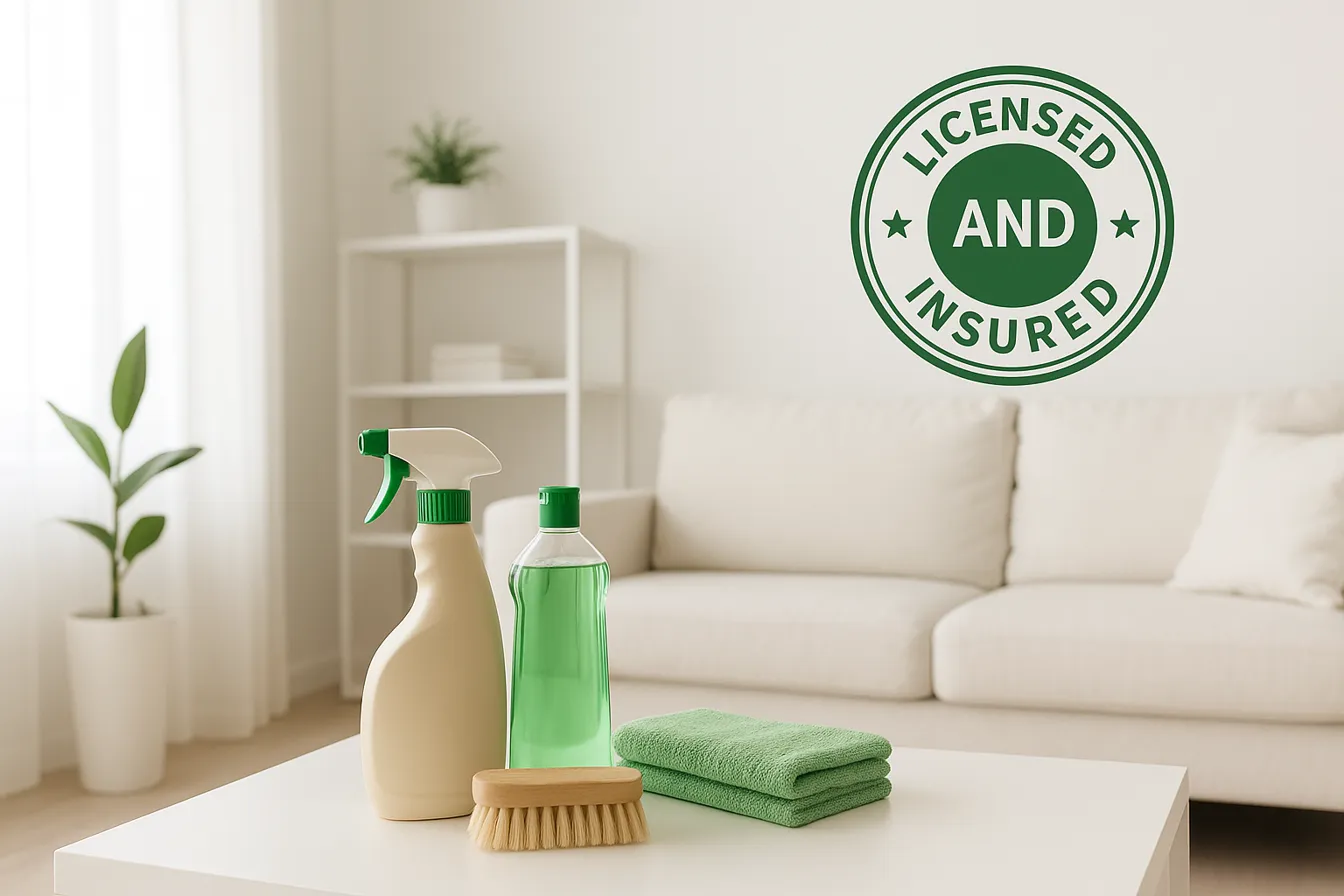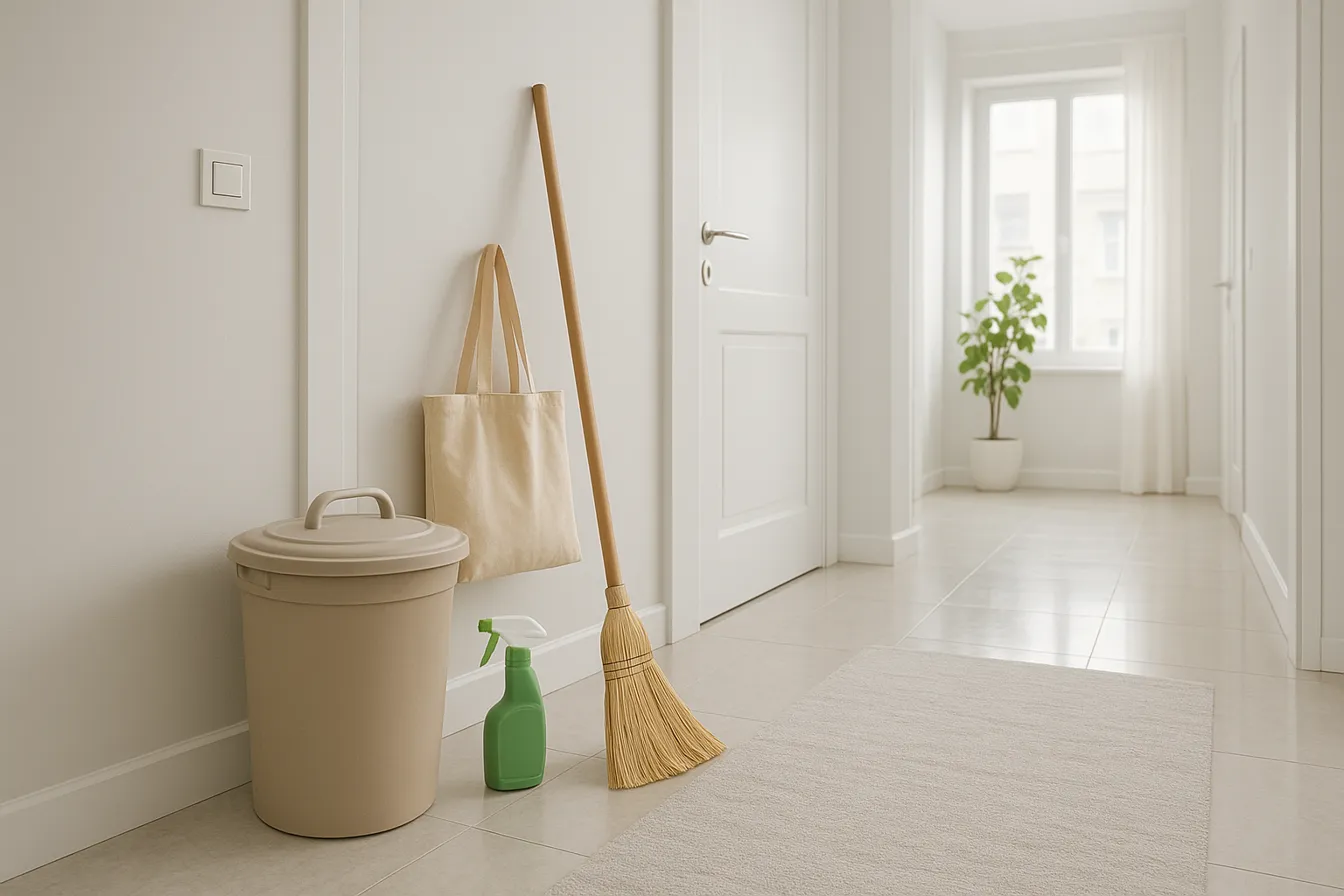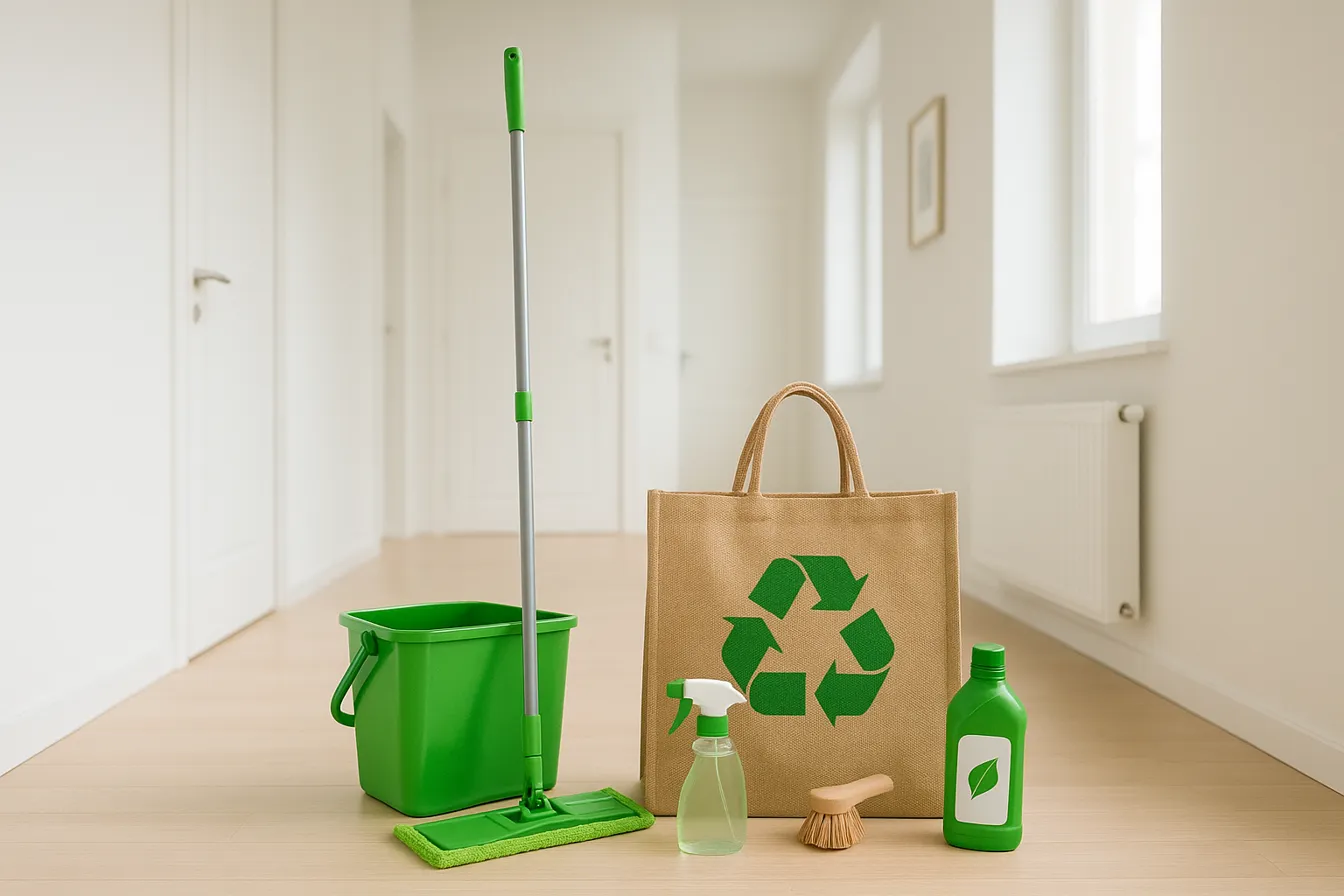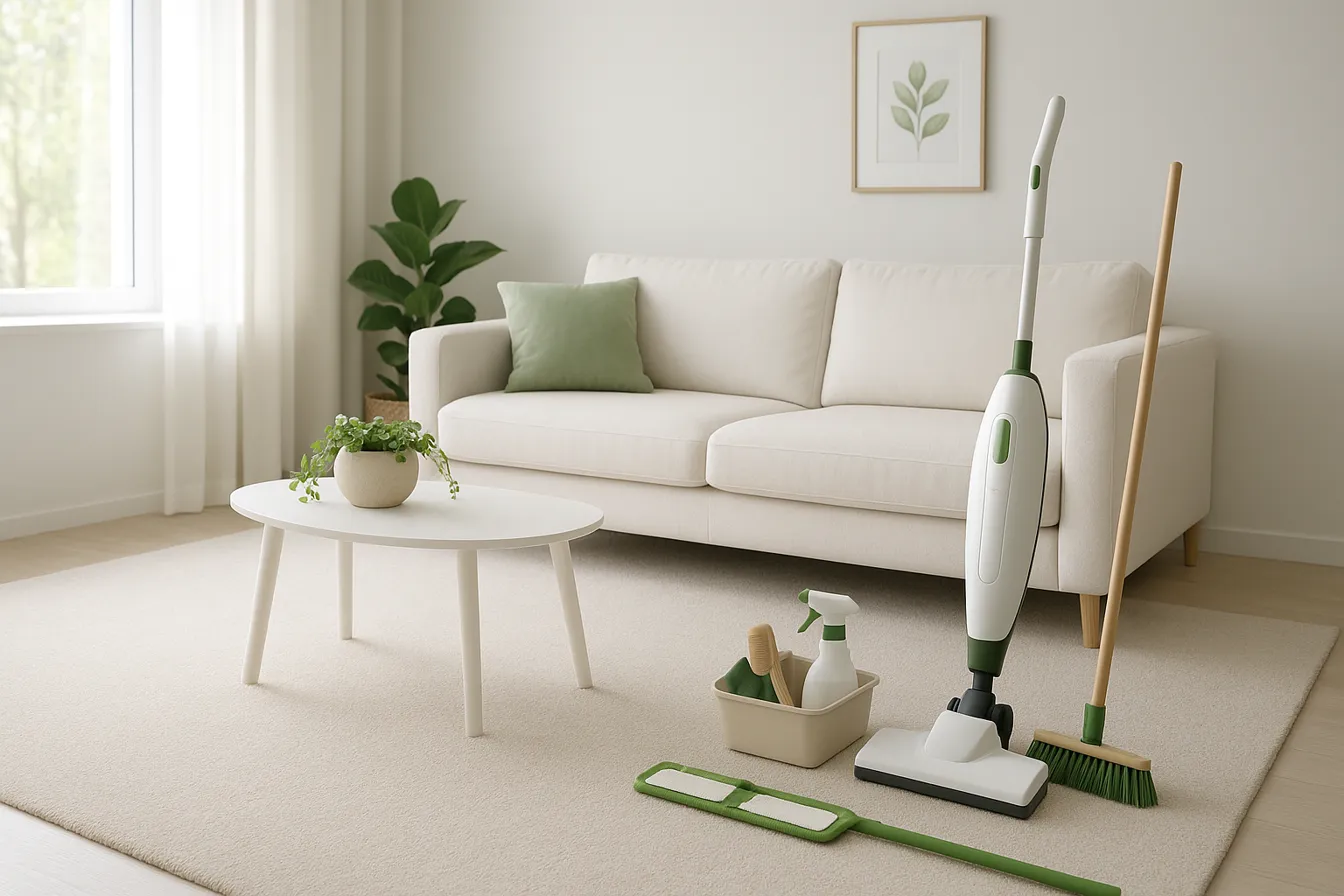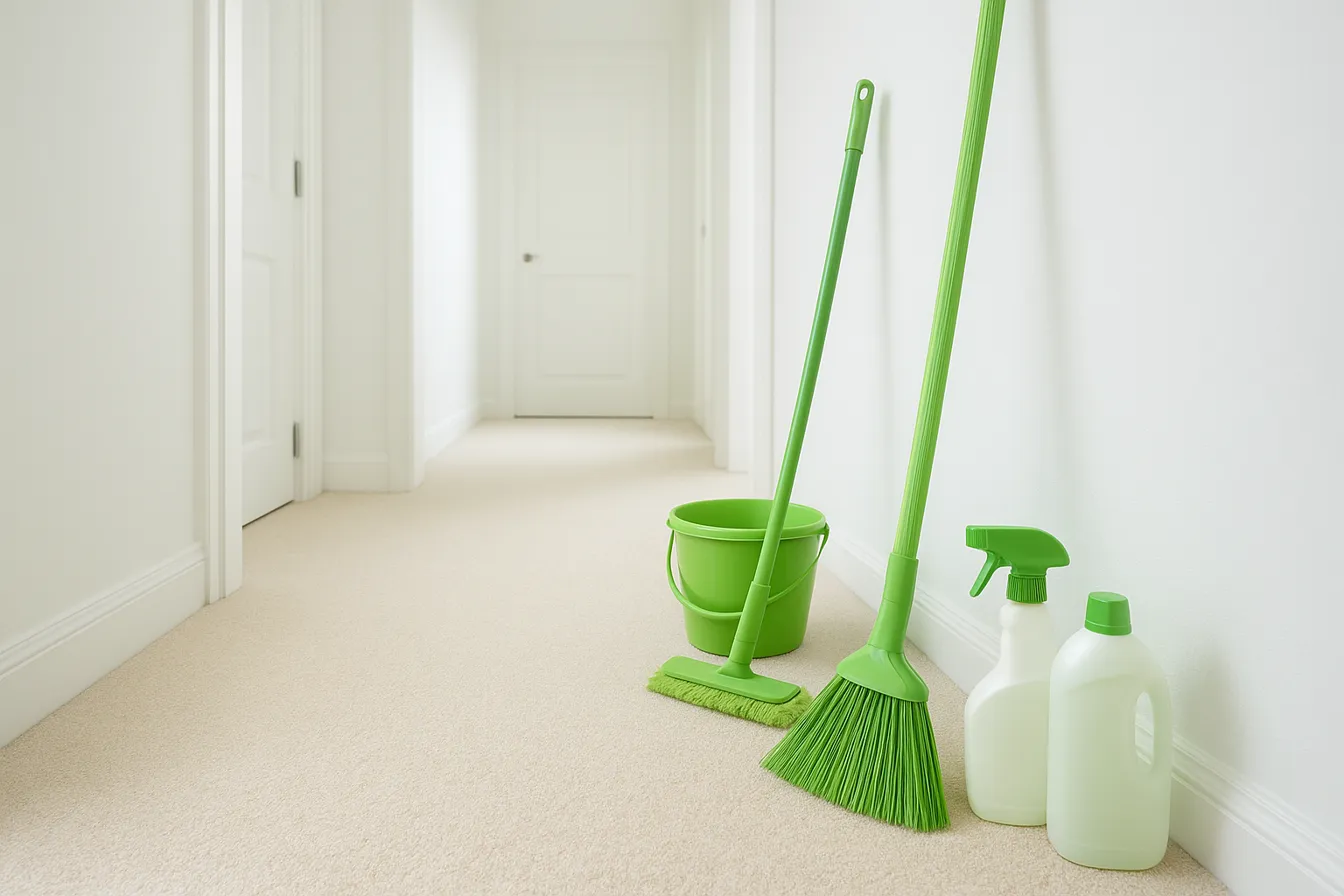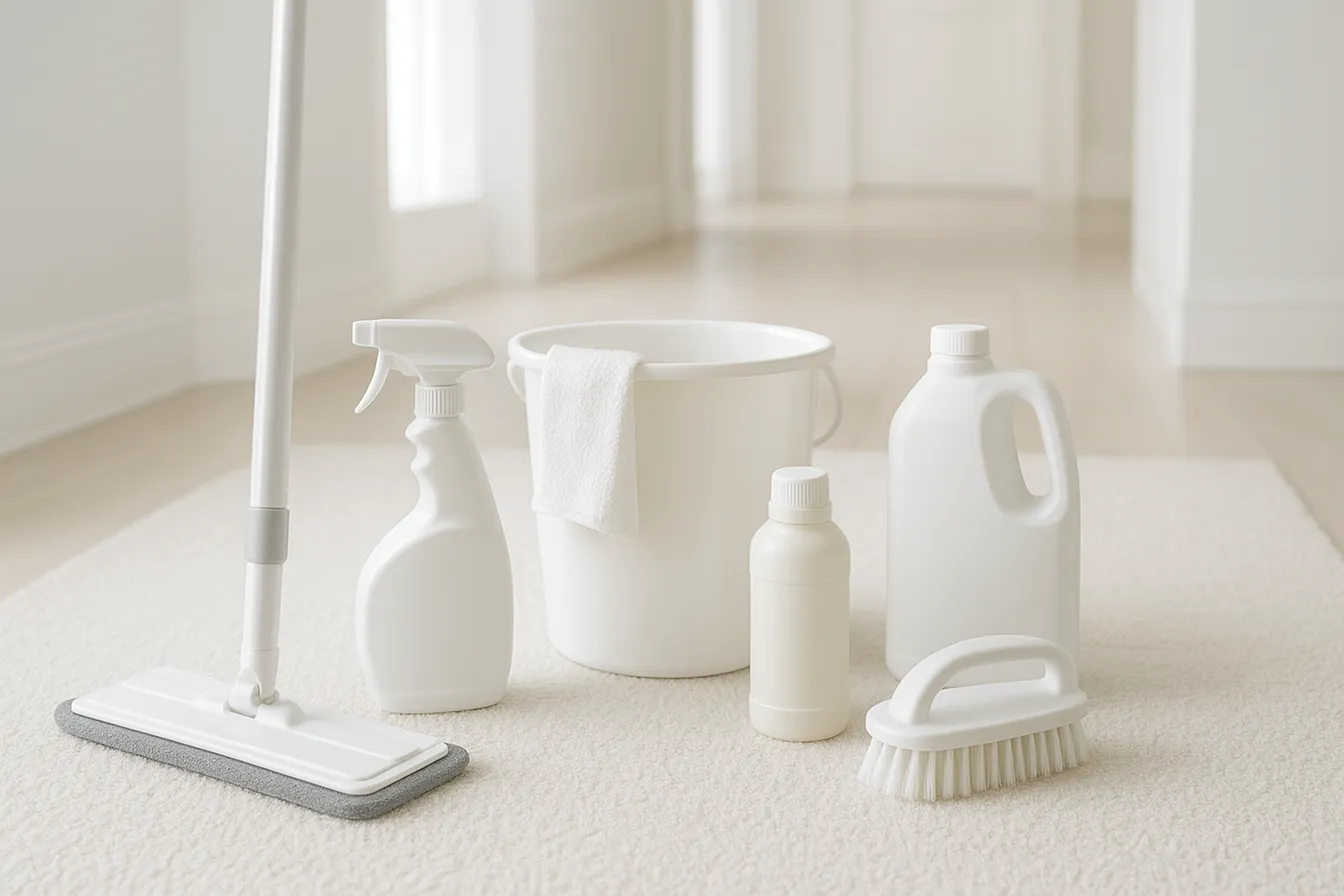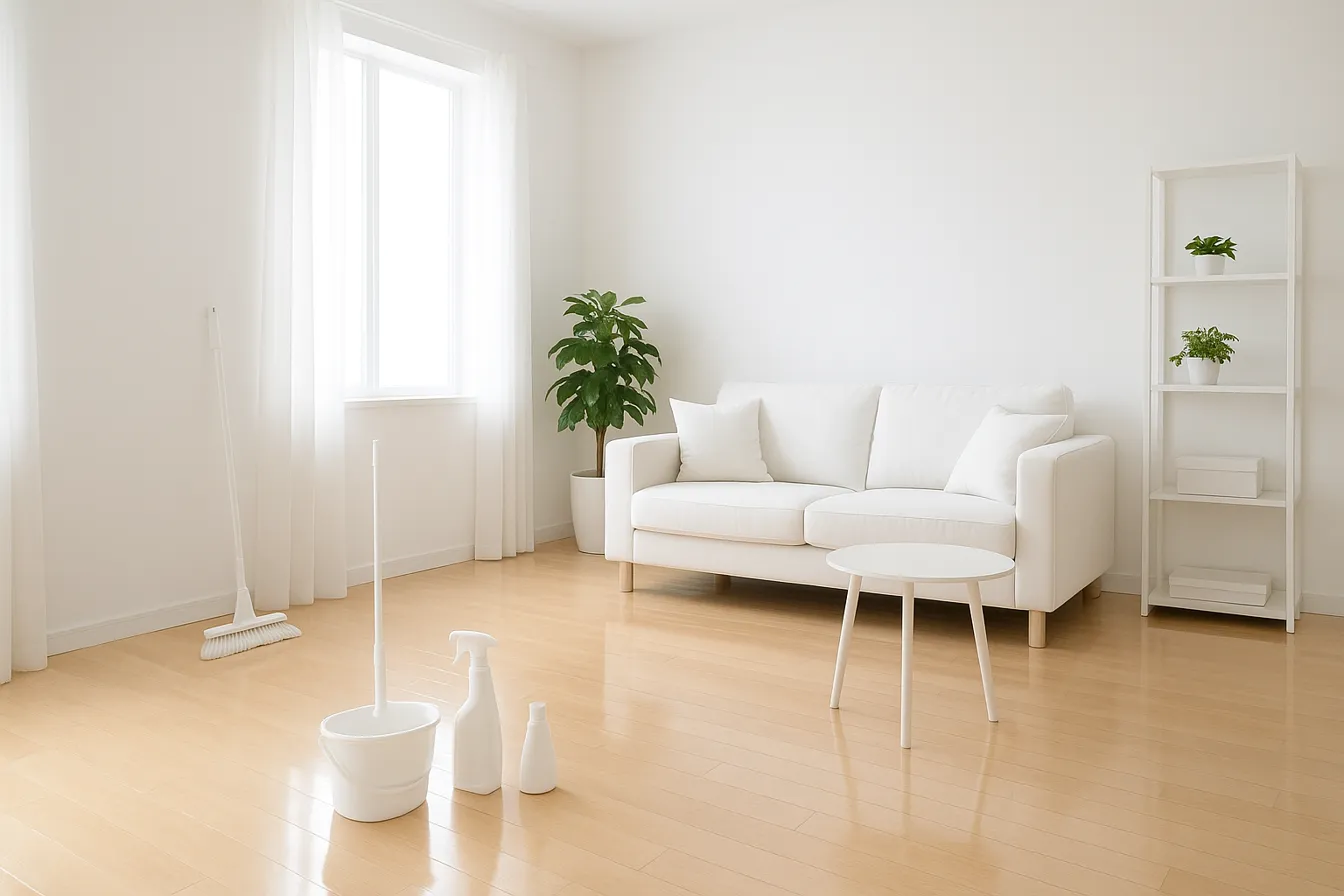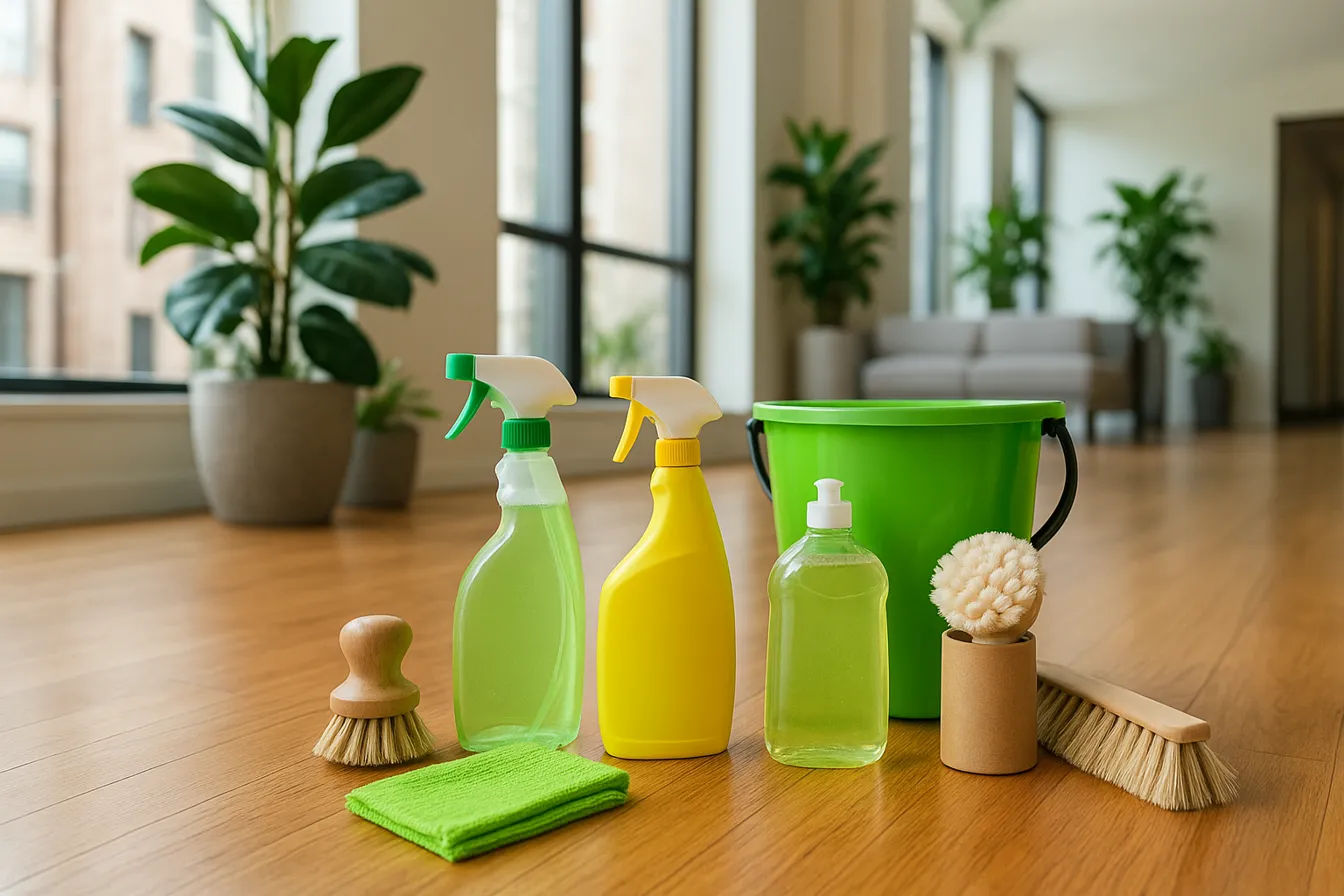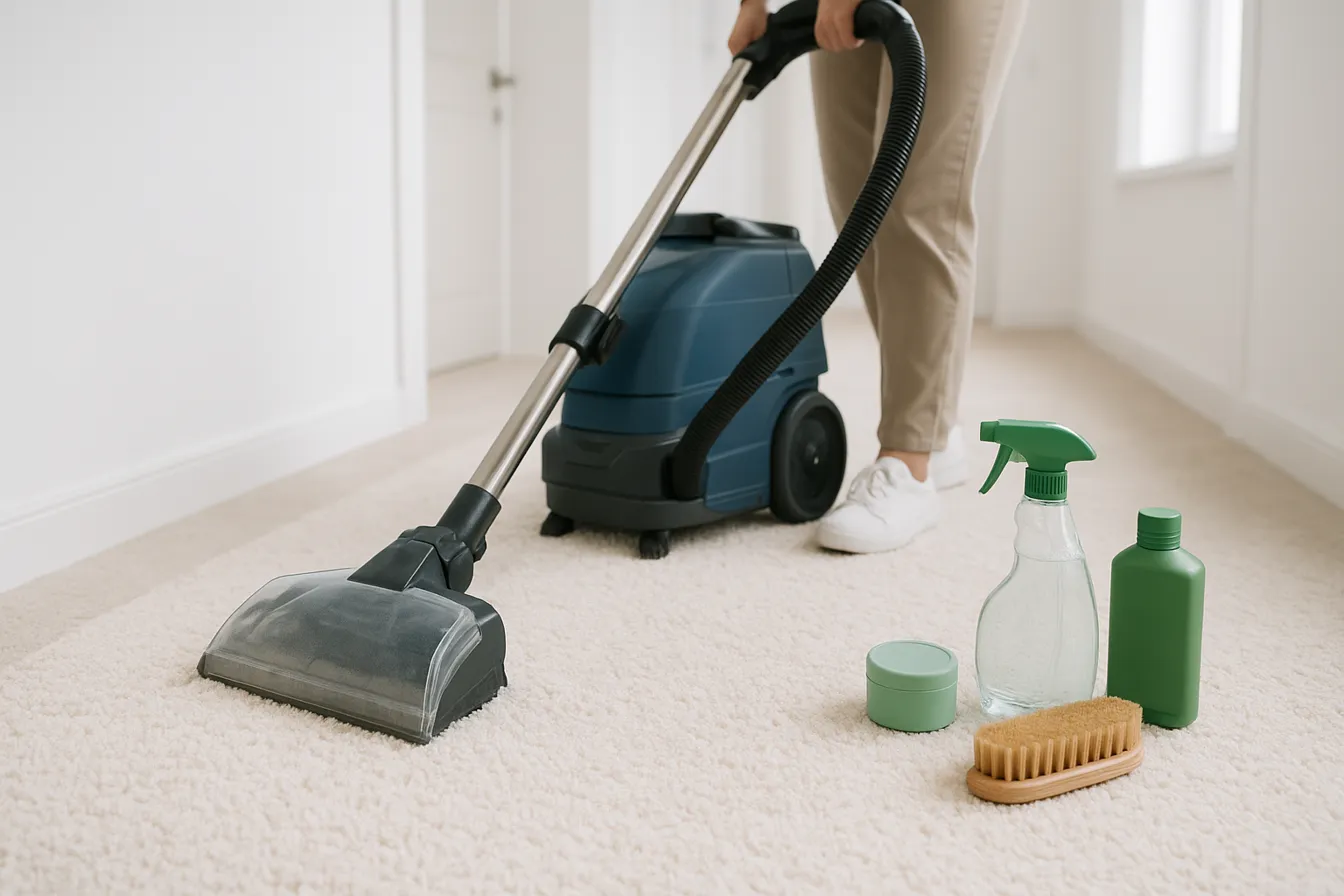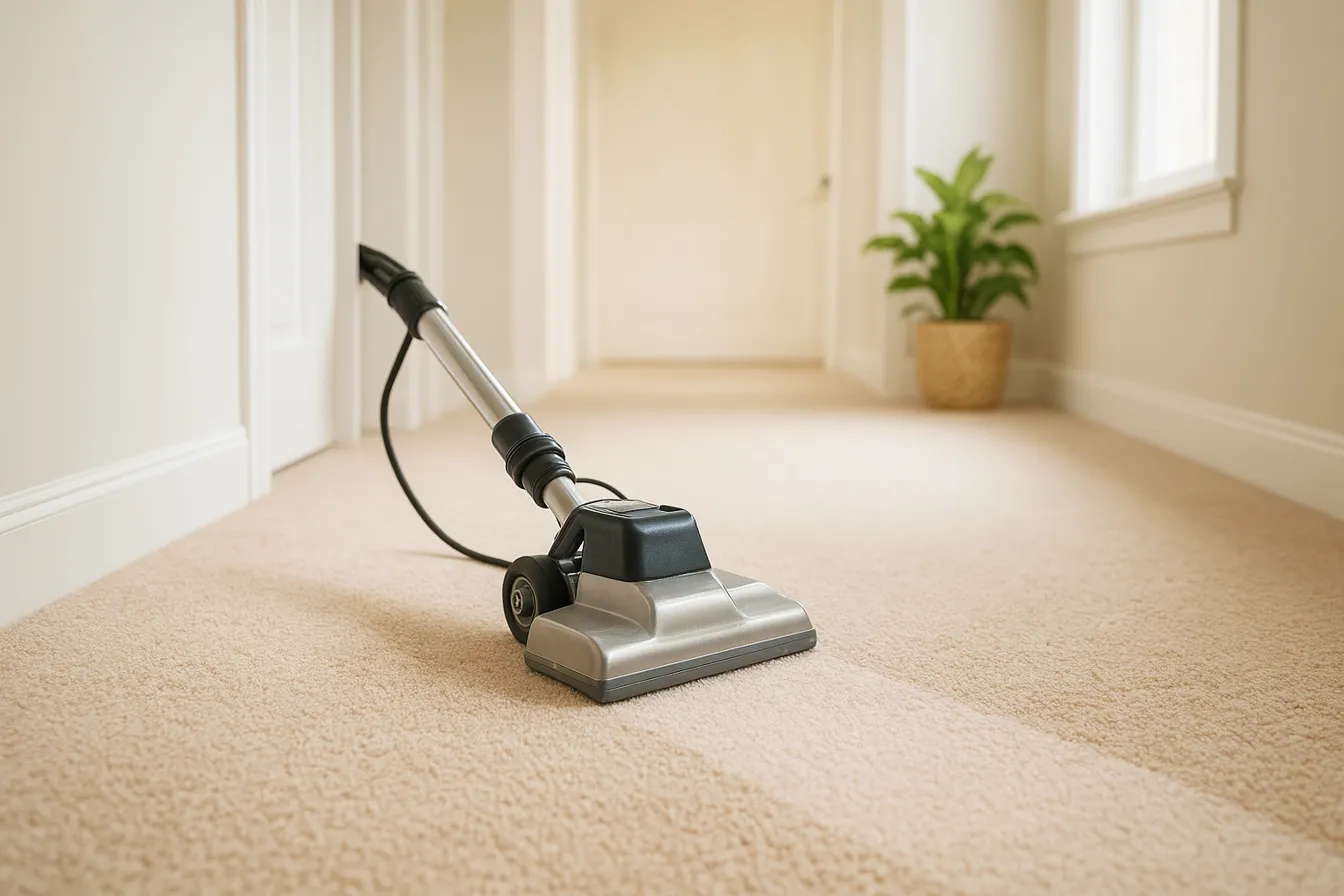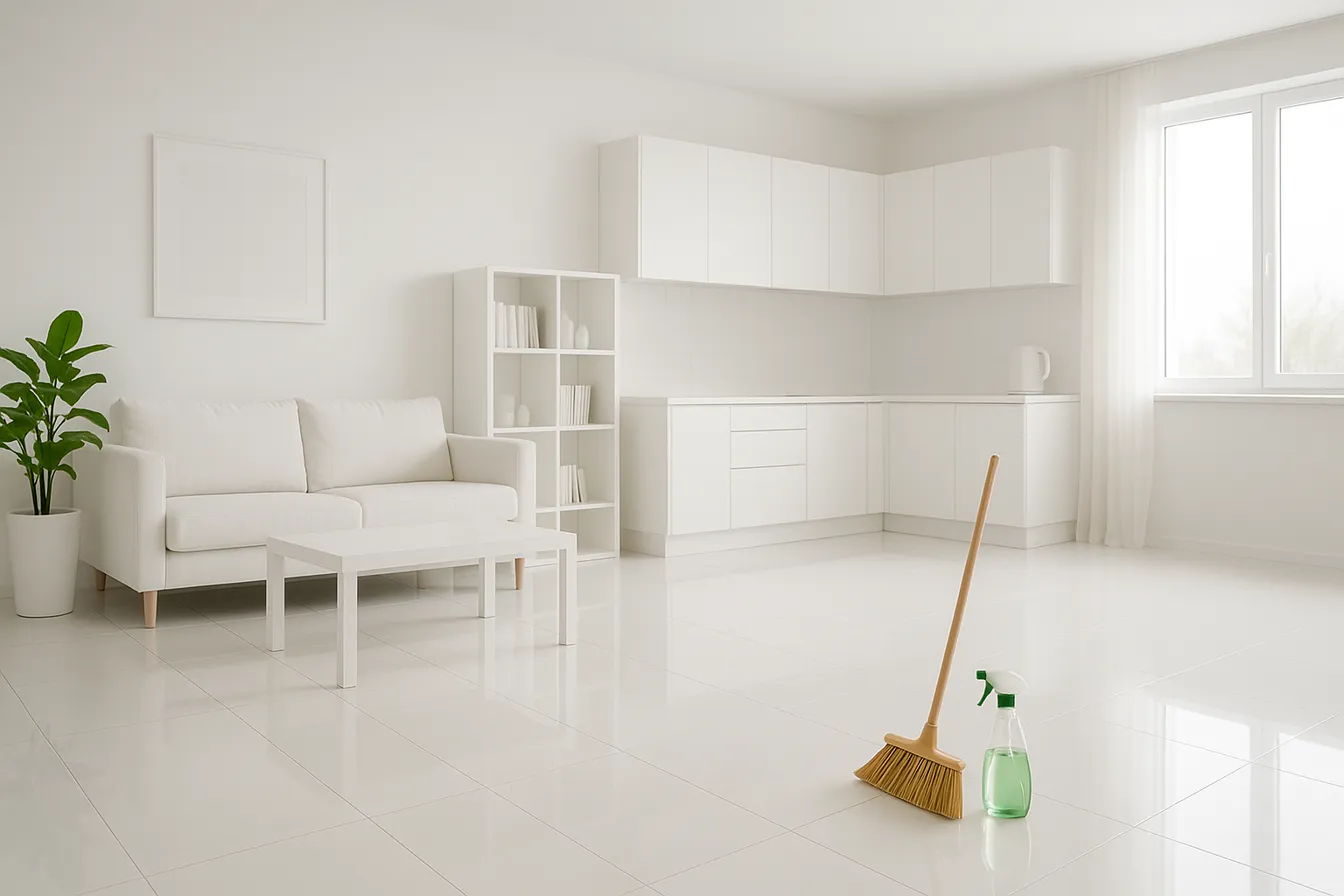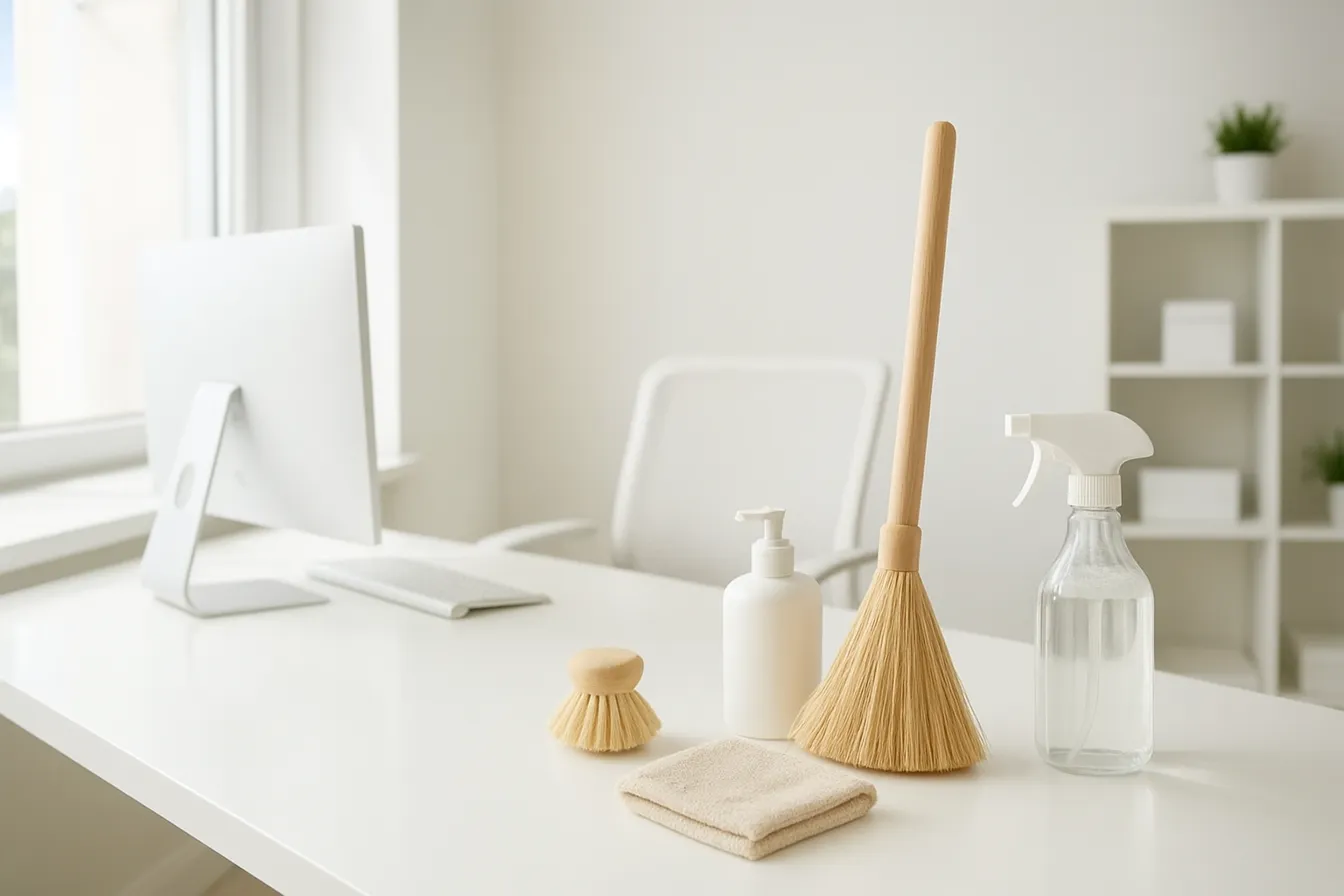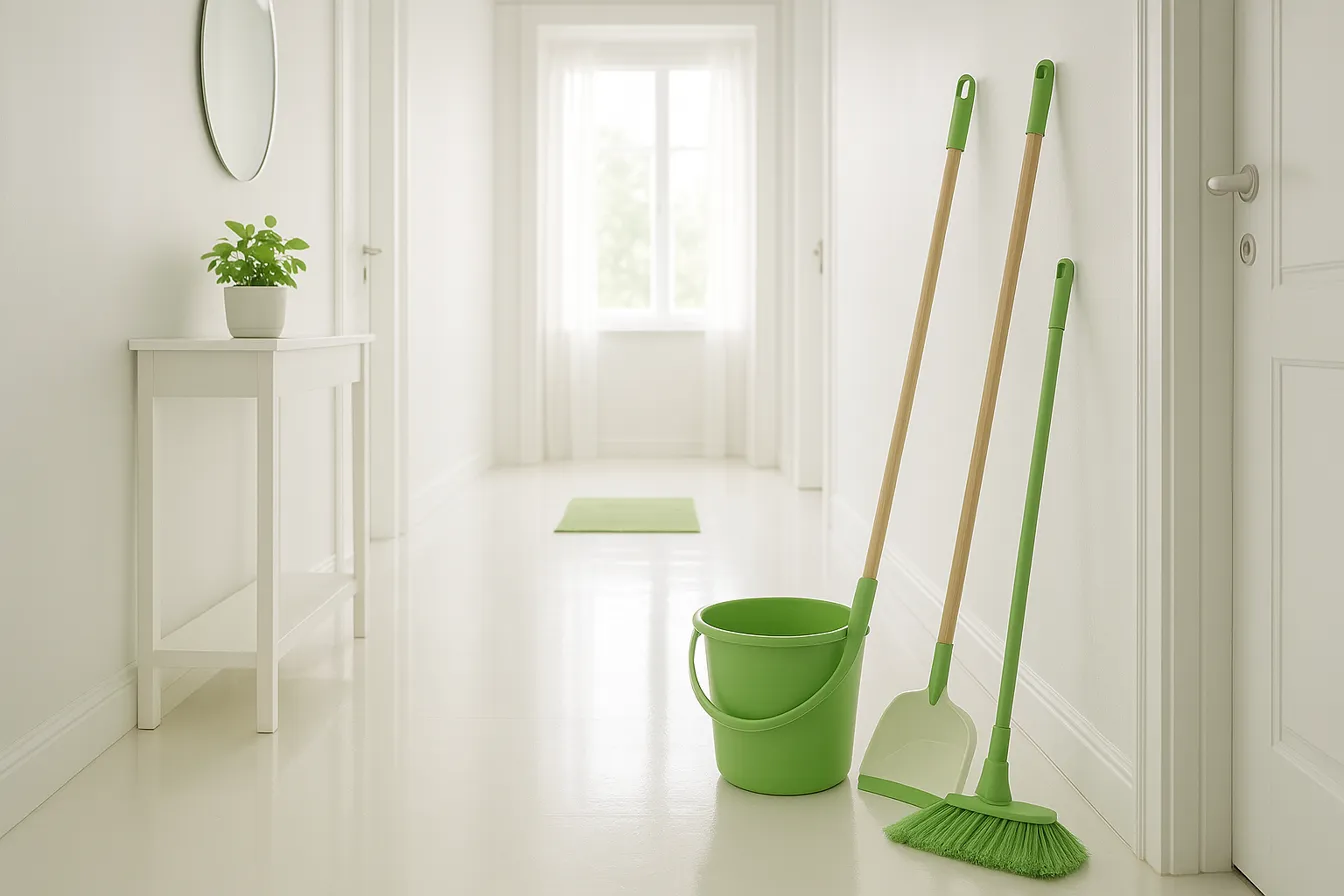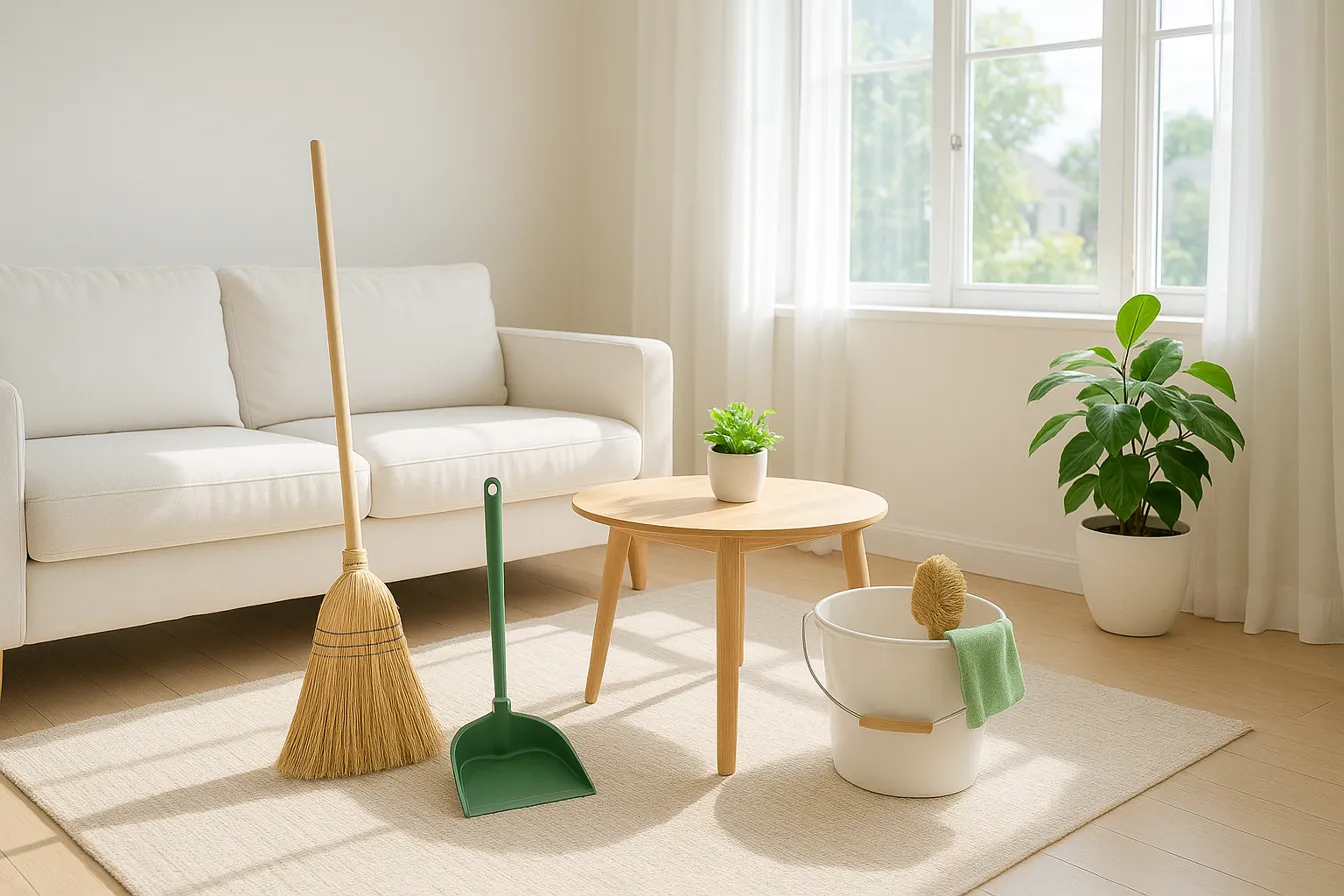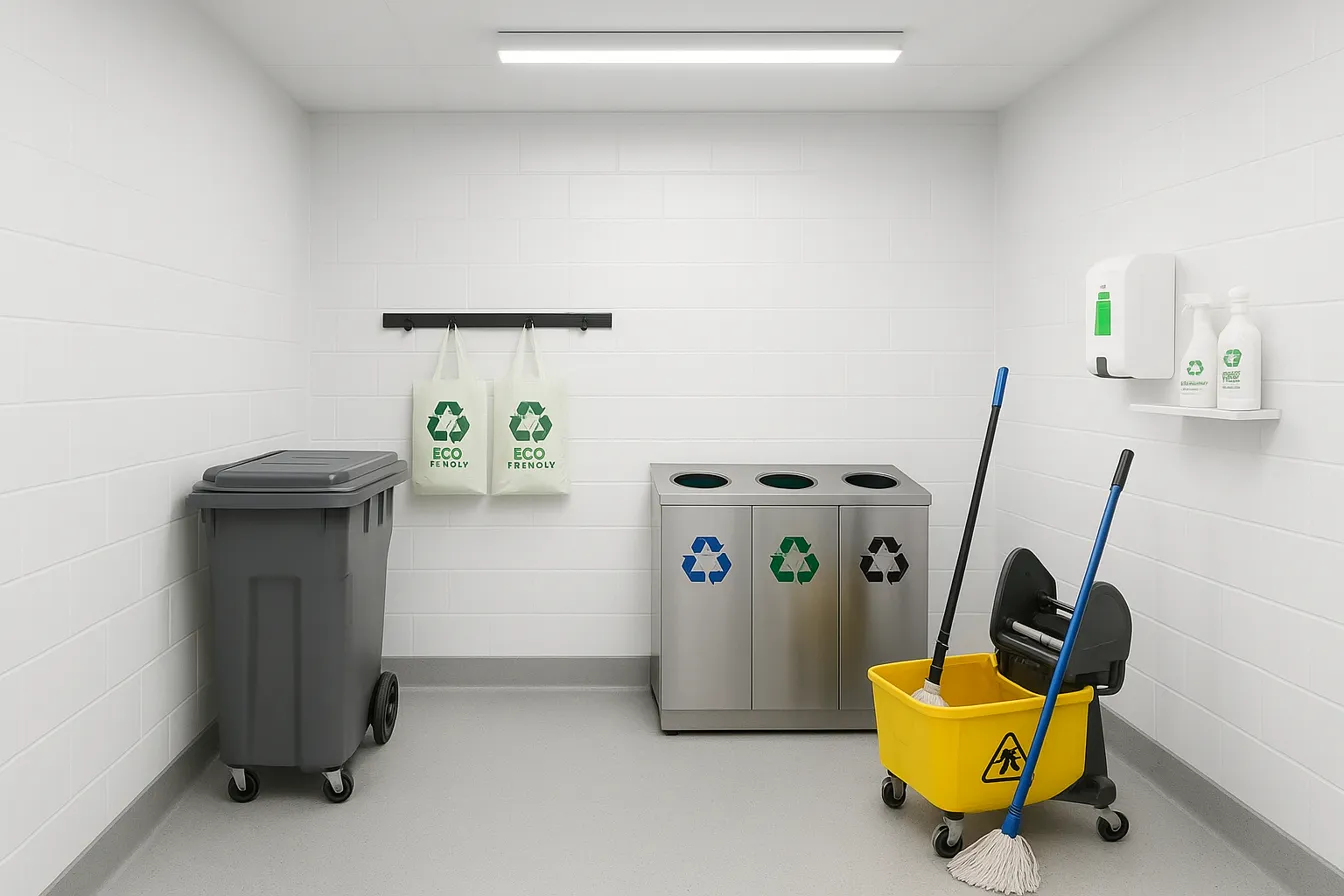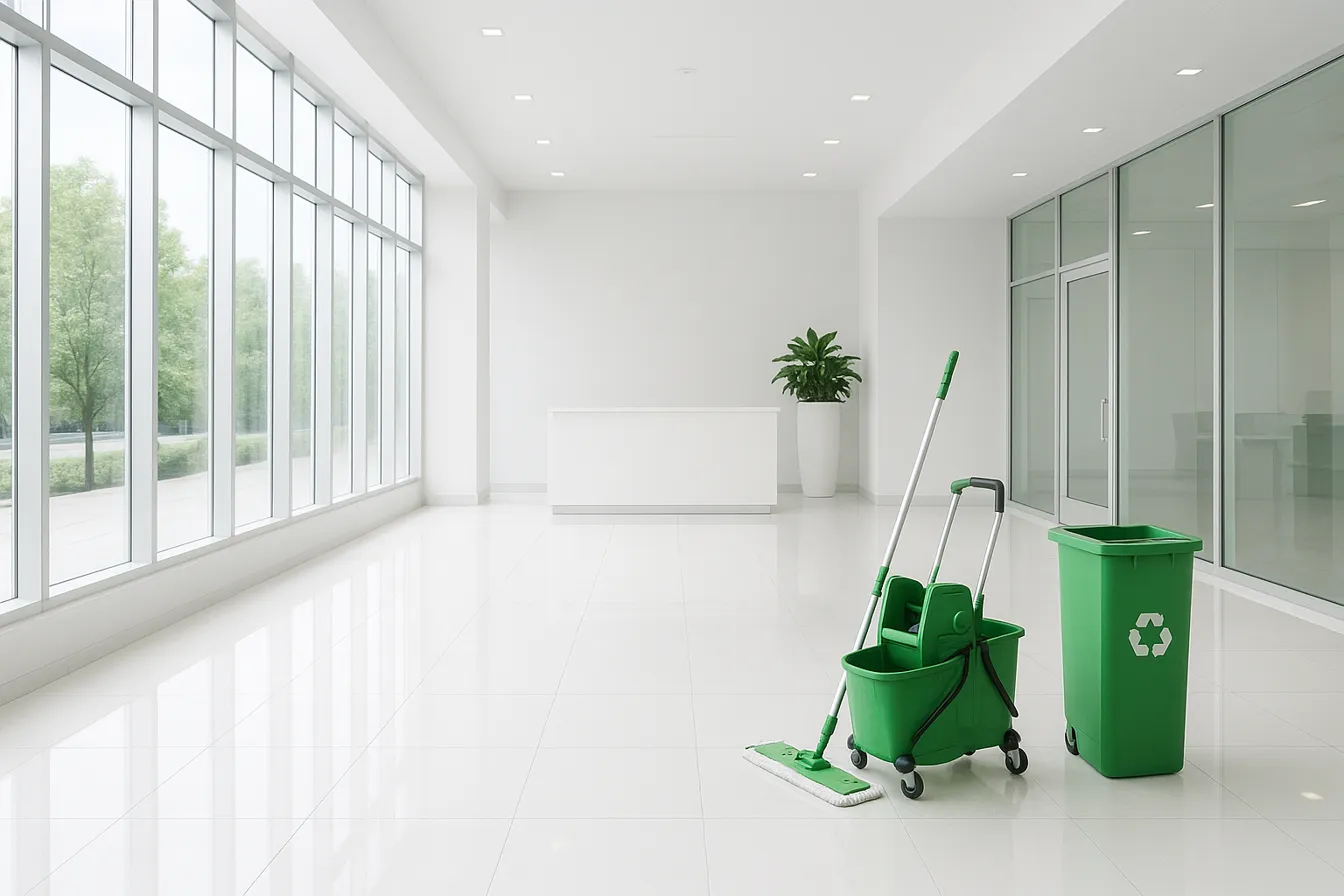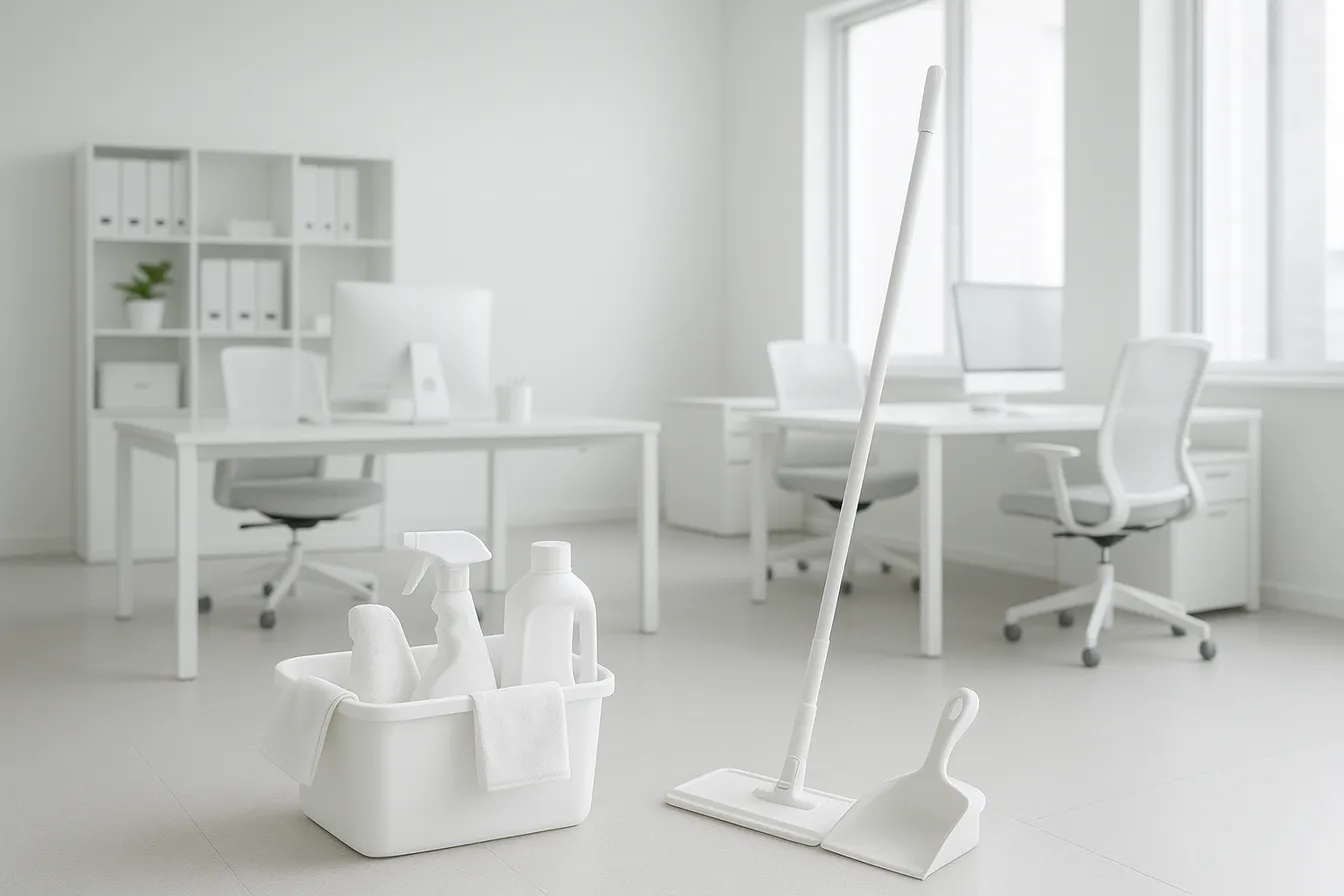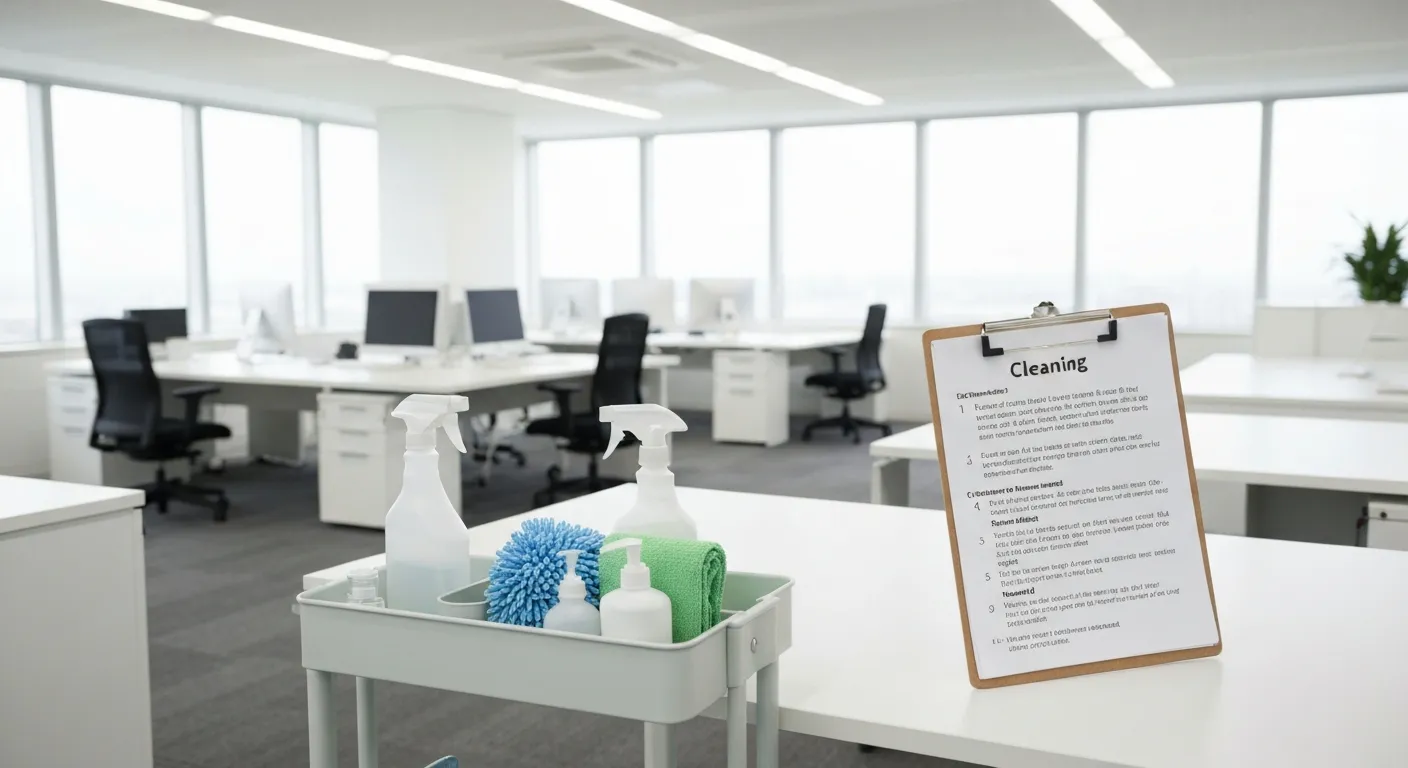How Clean Homes Improve Mental Wellbeing

Understanding the Mental Impact of Our Living Environment
A clean and organized home is more than just aesthetically pleasing—it plays a significant role in promoting mental wellbeing and emotional stability. From reducing stress to enhancing focus, the environment we live in can deeply influence our psychological health. This article explores the profound connections between cleanliness and mental health, backed by scientific research and expert insights, and offers practical tips to harness the benefits of maintaining a tidy living space.
Psychological Benefits of a Clean and Organized Home
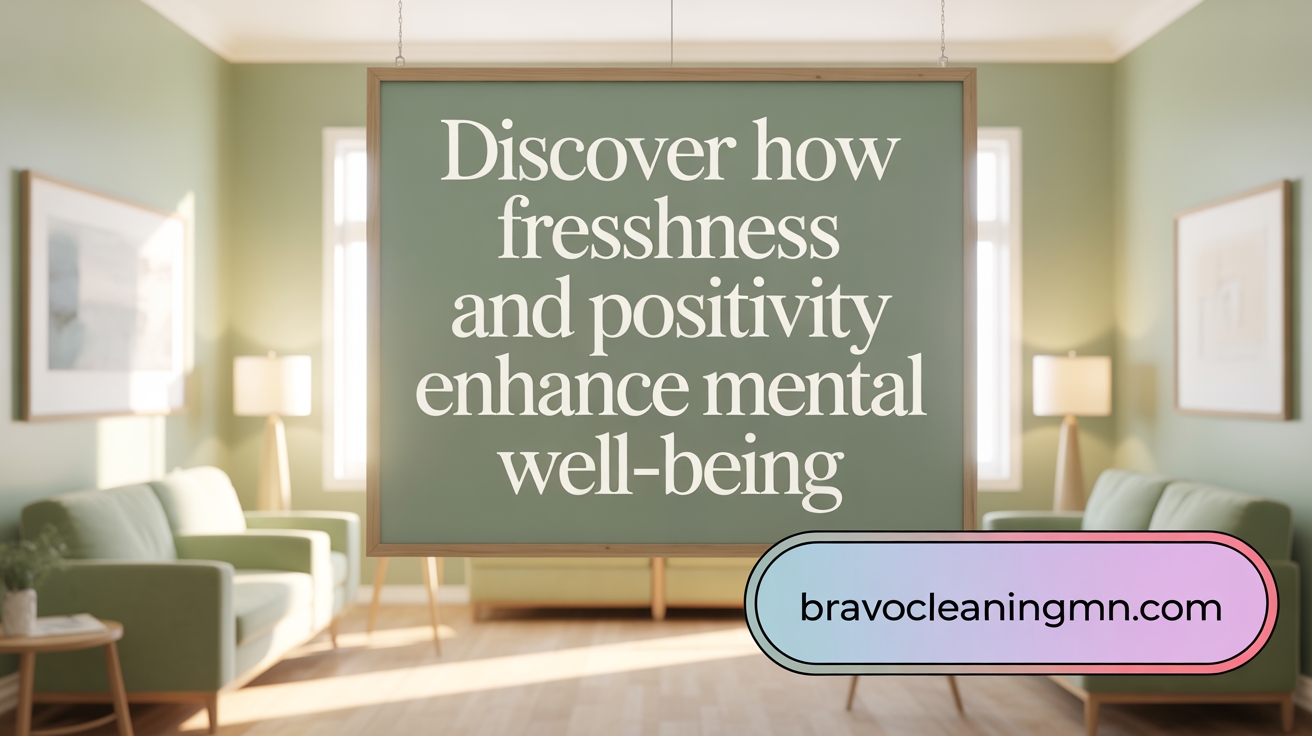 Maintaining a clean and organized home provides important psychological advantages that contribute significantly to mental well-being. One of the primary benefits is the reduction of stress and anxiety. Clutter and mess can be overwhelming, causing visual overstimulation that hampers concentration and elevates tension levels. When spaces are tidy, they promote a sense of calm and order, which helps ease mental strain.
Maintaining a clean and organized home provides important psychological advantages that contribute significantly to mental well-being. One of the primary benefits is the reduction of stress and anxiety. Clutter and mess can be overwhelming, causing visual overstimulation that hampers concentration and elevates tension levels. When spaces are tidy, they promote a sense of calm and order, which helps ease mental strain.
A key aspect is the sense of control and mastery a clean environment fosters. When people keep their living spaces organized, they feel more in charge of their surroundings. This control can be especially comforting during chaotic or stressful periods, reinforcing feelings of stability and security.
Cleaning activities also trigger the release of endorphins, the body's natural mood lifters. This biochemical response can improve mood, alleviate pain, and reduce anxiety. Engaging in routine tasks like sweeping or decluttering can be cathartic, creating a sense of accomplishment and boosting overall happiness.
Furthermore, a tidy environment enhances focus and productivity by reducing the visual and mental distractions caused by clutter. When less time and mental energy are spent managing mess, individuals can concentrate better on tasks, whether working, studying, or relaxing.
Reducing clutter also directly lessens relationship stress. Messy living spaces can cause misunderstandings, resentment, or tension among housemates or family members. Sharing the responsibility of cleaning can foster cooperation and improve interpersonal bonds.
In summary, a clean and organized home nurtures mental health by diminishing stress, increasing feelings of control, promoting positive emotions through chemical releases, and creating an environment conducive to focus. This holistic benefit supports overall psychological resilience and happiness.
The Impact of Clutter and Disorganization on Mood and Stress

How does clutter and disorganization impact mood and stress levels?
Clutter and disorganization have a significant negative effect on mood and increase stress levels. When homes or workspaces are chaotic, they create an environment that overwhelms the senses, making it difficult to relax or focus. Studies have revealed that cluttered environments elevate cortisol levels, the hormone associated with stress, which can lead to feelings of anxiety, frustration, and emotional exhaustion.
A cluttered space can also impair our ability to make decisions and concentrate. Visual distractions caused by unnecessary mess can interfere with mental clarity, making tasks seem more daunting. This can foster feelings of being overwhelmed and reduce overall life satisfaction.
Furthermore, disorganization can negatively impact emotional wellbeing by causing feelings of shame, guilt, or embarrassment about the mess. It may also lead to social isolation, as individuals feel reluctant to invite visitors or share their space, intensifying feelings of loneliness.
Maintaining clean and well-organized spaces supports mental health by decreasing stress levels and promoting a more positive mood. An orderly environment fosters a sense of control and achievement, which are crucial for emotional resilience and overall wellbeing.
Scientific Evidence Linking Cleanliness to Mental Wellbeing
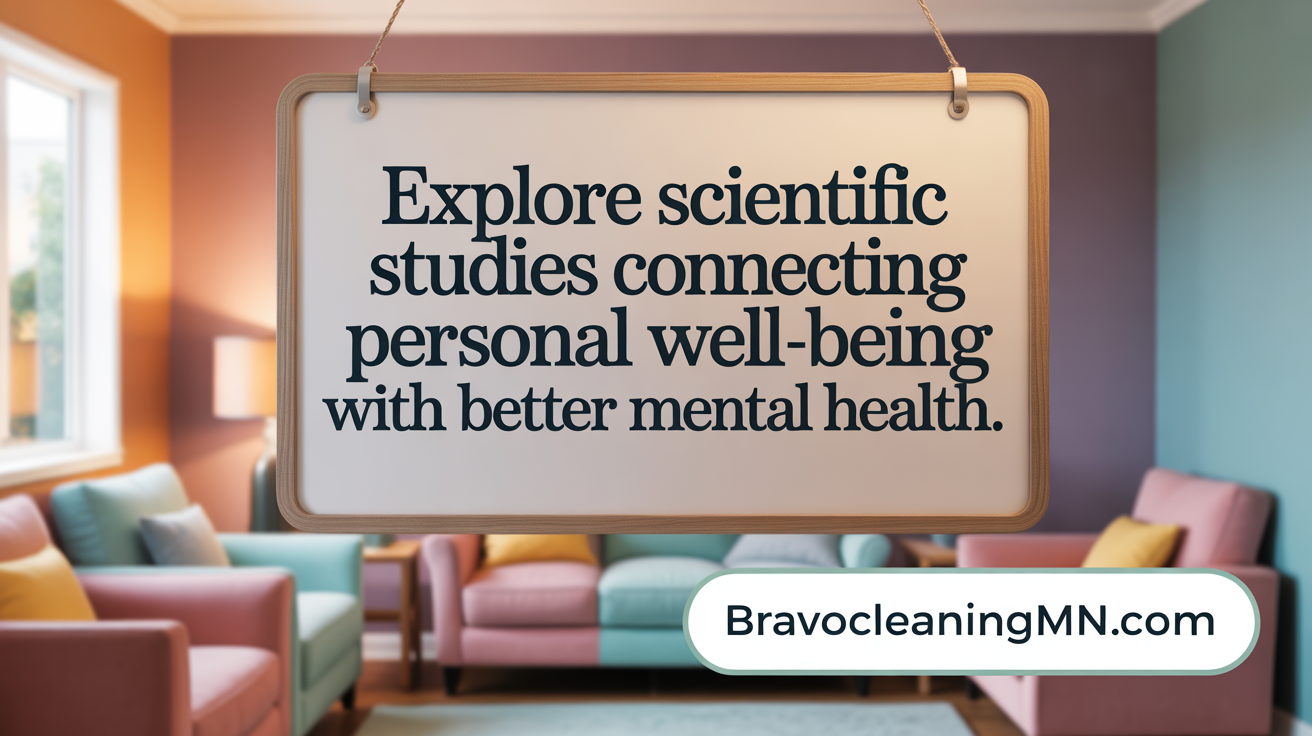
What scientific research links cleanliness to mental well-being?
Numerous studies demonstrate a strong connection between a clean living environment and mental health. Research shows that maintaining order and tidiness can significantly reduce cortisol levels, which is the hormone associated with stress. For example, a study from Indiana University found that cleaner homes are correlated with better physical health and increased physical activity, both of which contribute to improved mental well-being.
Engaging in cleaning activities also enhances mood due to the release of endorphins, natural chemicals in the brain that promote feelings of happiness and stress relief. Tasks like dishwashing or vacuuming are often described as mindful activities because they require repetitive focus, which can help individuals stay present and calm. This mindfulness aspect of cleaning can reduce anxiety and promote emotional resilience.
Clutter and disorder are linked with higher levels of depression and overwhelm, impacting one's ability to concentrate and leading to feelings of helplessness or frustration. Conversely, organized spaces promote focus, improve productivity, and contribute to emotional stability. Researchers have found that visual overstimulation caused by clutter can interfere with the brain’s processing capacity, making it harder to concentrate and increasing stress levels.
Air quality is another critical factor. Regular cleaning reduces allergens, dust, and pollutants, which are known to affect respiratory health and cognitive function. Better indoor air quality not only supports physical health but also enhances mental clarity and emotional stability.
In summary, scientific evidence supports that cleanliness and organization foster better mental health by lowering stress hormones, promoting mindfulness, reducing overwhelm, and improving air quality. Maintaining an orderly environment provides a sense of control and calmness, ultimately leading to a more positive emotional state.
Regular Cleaning Routines: Reducing Stress and Fostering Relaxation
 Maintaining regular cleaning routines offers numerous mental health benefits by transforming the home into a peaceful sanctuary. When spaces are tidy and organized, visual clutter and chaos decrease, which directly reduces stress levels. A cluttered environment can overwhelm the senses, making it difficult to focus and relax. In contrast, a clean home fosters a sense of order and control, helping individuals feel more in charge of their surroundings.
Maintaining regular cleaning routines offers numerous mental health benefits by transforming the home into a peaceful sanctuary. When spaces are tidy and organized, visual clutter and chaos decrease, which directly reduces stress levels. A cluttered environment can overwhelm the senses, making it difficult to focus and relax. In contrast, a clean home fosters a sense of order and control, helping individuals feel more in charge of their surroundings.
Engaging in cleaning activities also triggers the release of endorphins, the body's natural stress relievers. As physical activity involved in sweeping, dusting, or vacuuming releases these mood-enhancing chemicals, it not only relieves physical tension but also alleviates feelings of anxiety and depression.
Completing cleaning tasks provides a sense of mastery and accomplishment. Achieving a neat and organized space boosts confidence and emotional well-being, which is particularly beneficial during stressful periods. This feeling of control over one’s environment can ripple into a broader sense of emotional stability.
The sensory experience during cleaning can also promote relaxation. Using soothing scents such as lavender or citrus—not only enhances the cleaning process but also fosters calmness and positive emotions. Lavender, in particular, is known for aiding sleep and reducing anxiety, further enhancing the relaxing effects of a clean home.
Moreover, a tidy living space positively impacts sleep quality. Reducing clutter and allergens makes it easier for the brain to unwind at night, leading to better rest. Improved sleep then supports overall mental health, creating a cycle of wellbeing.
In sum, establishing and sticking to regular cleaning routines is a simple yet powerful way to reduce stress and promote relaxation. It cultivates a serene environment that enhances focus, boosts mood, and nurtures emotional resilience, ultimately contributing to sustained mental health.
Practical Tips for Cleaning and Decluttering to Enhance Mental Health
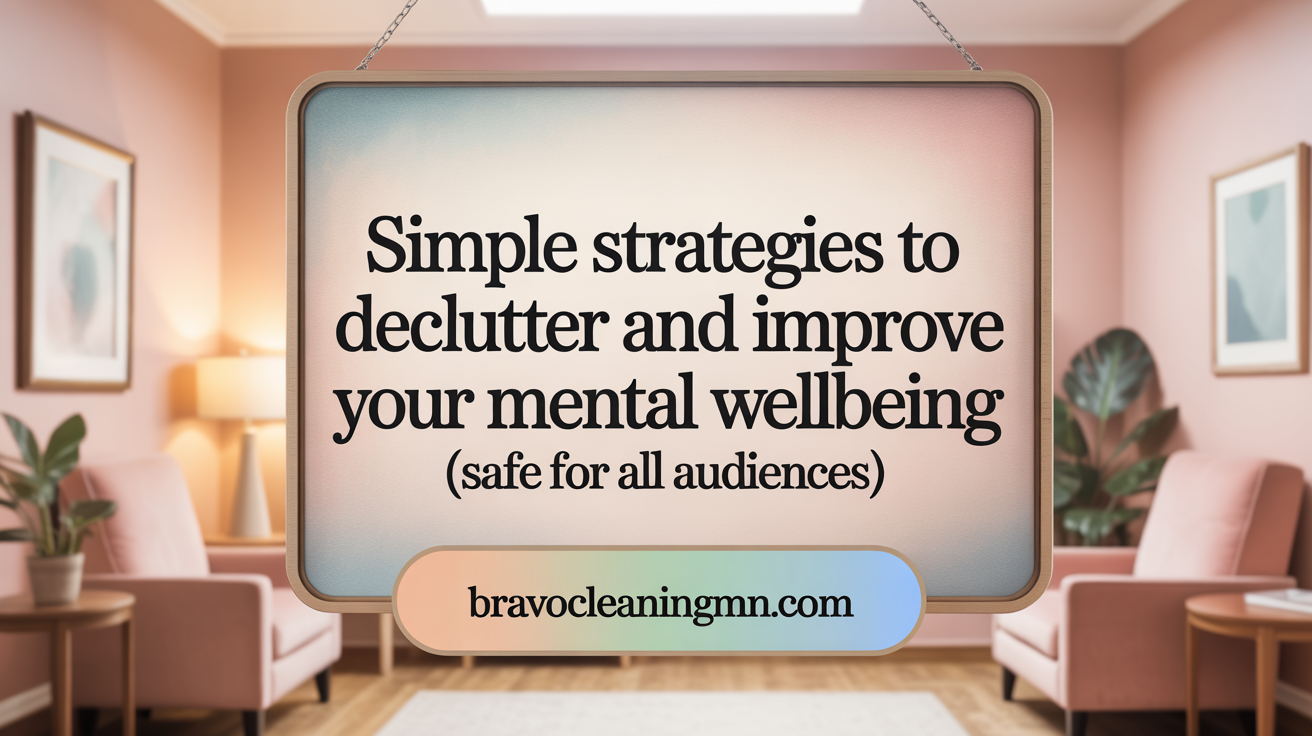
What practical tips can help with cleaning and decluttering to enhance mental health?
Implementing effective cleaning and decluttering strategies can significantly improve mental well-being. One of the most approachable methods is setting small, manageable goals. Instead of tackling the entire house at once, focus on one specific area or task, such as organizing a drawer or cleaning a shelf. This prevents feelings of being overwhelmed and promotes a sense of accomplishment.
Creating a consistent cleaning schedule helps maintain a tidy environment over time. Breaking down chores into short, regular sessions—like 10-15 minutes daily—can make the task less daunting and foster a routine. This steady effort not only keeps the space organized but also boosts feelings of control and stability.
Involving family members or roommates in cleaning activities can turn the task into a bonding experience. Shared responsibility reduces resentment and distributes effort, fostering teamwork and improving relationships. Incorporating relaxing elements such as calming music, soothing scents like lavender or citrus, or taking mindful pauses can make cleaning more enjoyable and reduce stress.
Focusing on high-visibility areas or employing systems like the three-bag method—where items are sorted into keep, donate, or discard—can produce quick wins. These visible results boost confidence and motivation to continue organizing.
Additionally, recognizing the emotional benefits—such as decreased anxiety, better focus, and heightened self-esteem—can serve as strong motivation. An orderly, clutter-free space contributes to a calmer mind and a more positive outlook, encouraging ongoing efforts towards a cleaner home.
Creating a Sanctuary for Mental Wellbeing Through Cleanliness
Maintaining a clean and organized home goes beyond aesthetics—it is a powerful contributor to mental health and emotional resilience. By reducing clutter and promoting order, individuals can experience lowered stress and anxiety, improved focus, and enhanced mood. Scientific studies consistently support the link between cleanliness and psychological wellbeing, while practical routines and mindful cleaning can foster relaxation and a sense of achievement. Ultimately, by embracing cleanliness as a cornerstone of daily life, one creates a sanctuary that nurtures mental clarity, emotional stability, and life satisfaction.
References
- The Mental Health Benefits of a Clean Home - Newport Healthcare
- The Connection Between Cleanliness and Mental Health
- The Impact a Clean and Tidy Home Can Have On Your Mental Health
- Stress Management: Clutter, Cleaning and Mental Health | Oxford CBT
- How Cleaning and Mental Health Are Connected with Dr. Dawn Potter
- The Mental Health Benefits of a Clean Home - The Cleaning Authority
- Declutter Your Home to Improve Mental Health - Bona.com
- Investigating the Link between Cleaning and Mental Health
- Cleaning for Mental Health | The American Cleaning Institute (ACI)
- The Link Between Tidying & Well-Being | Home Cleaning Cypress





